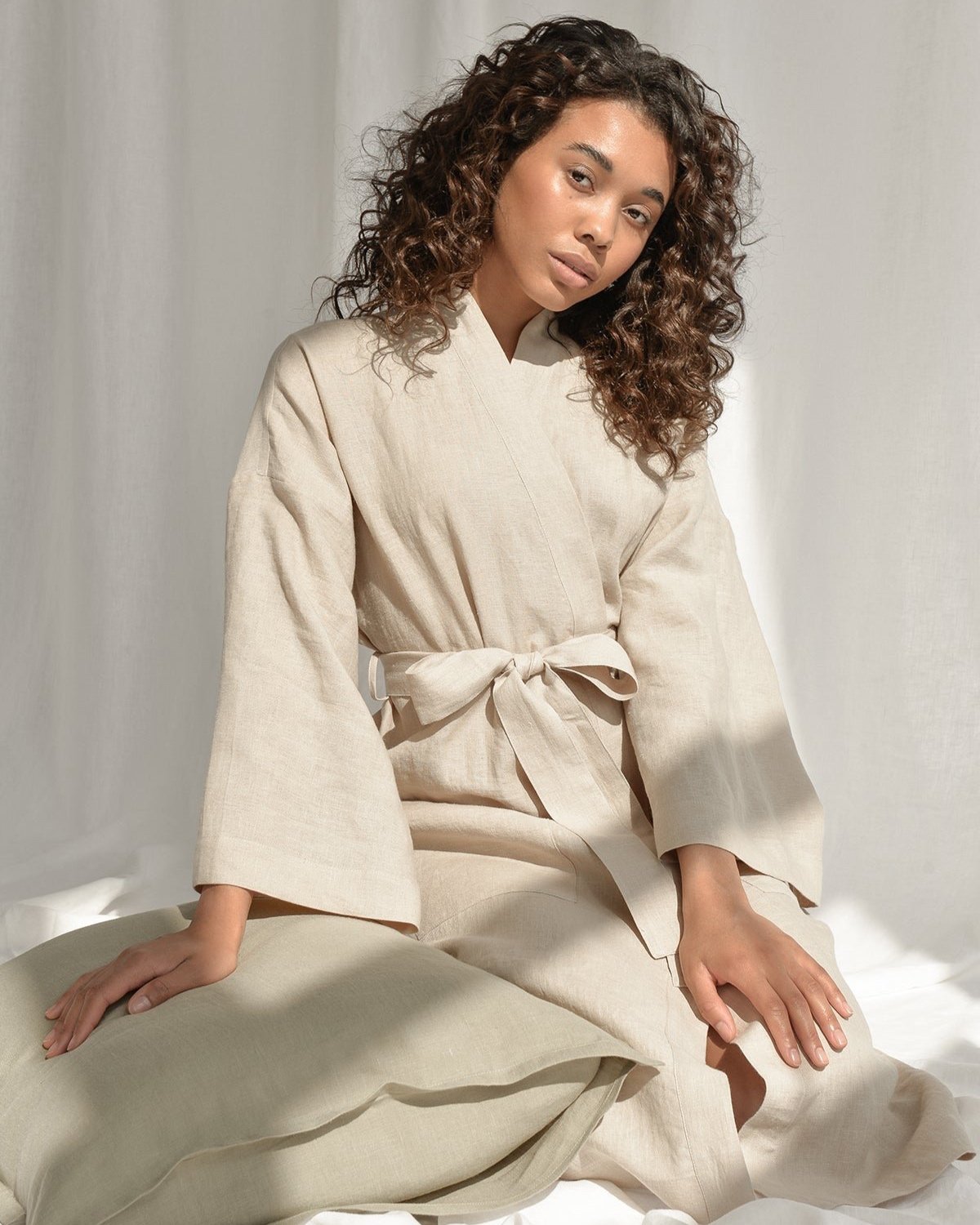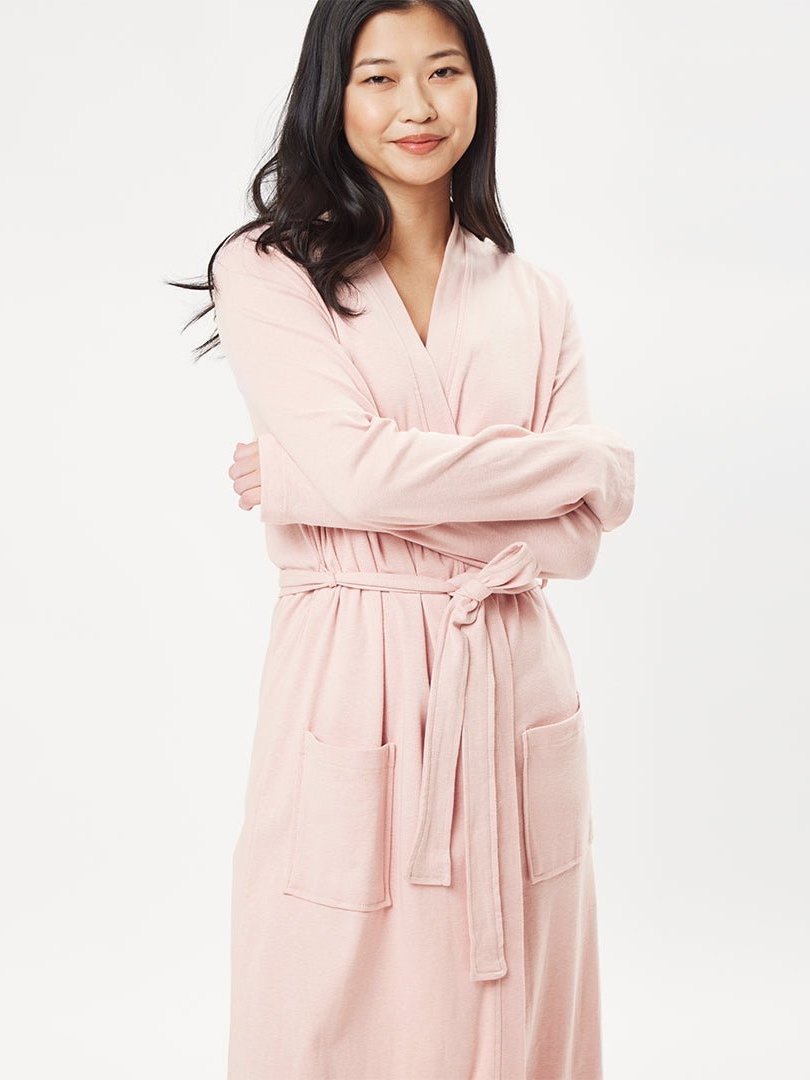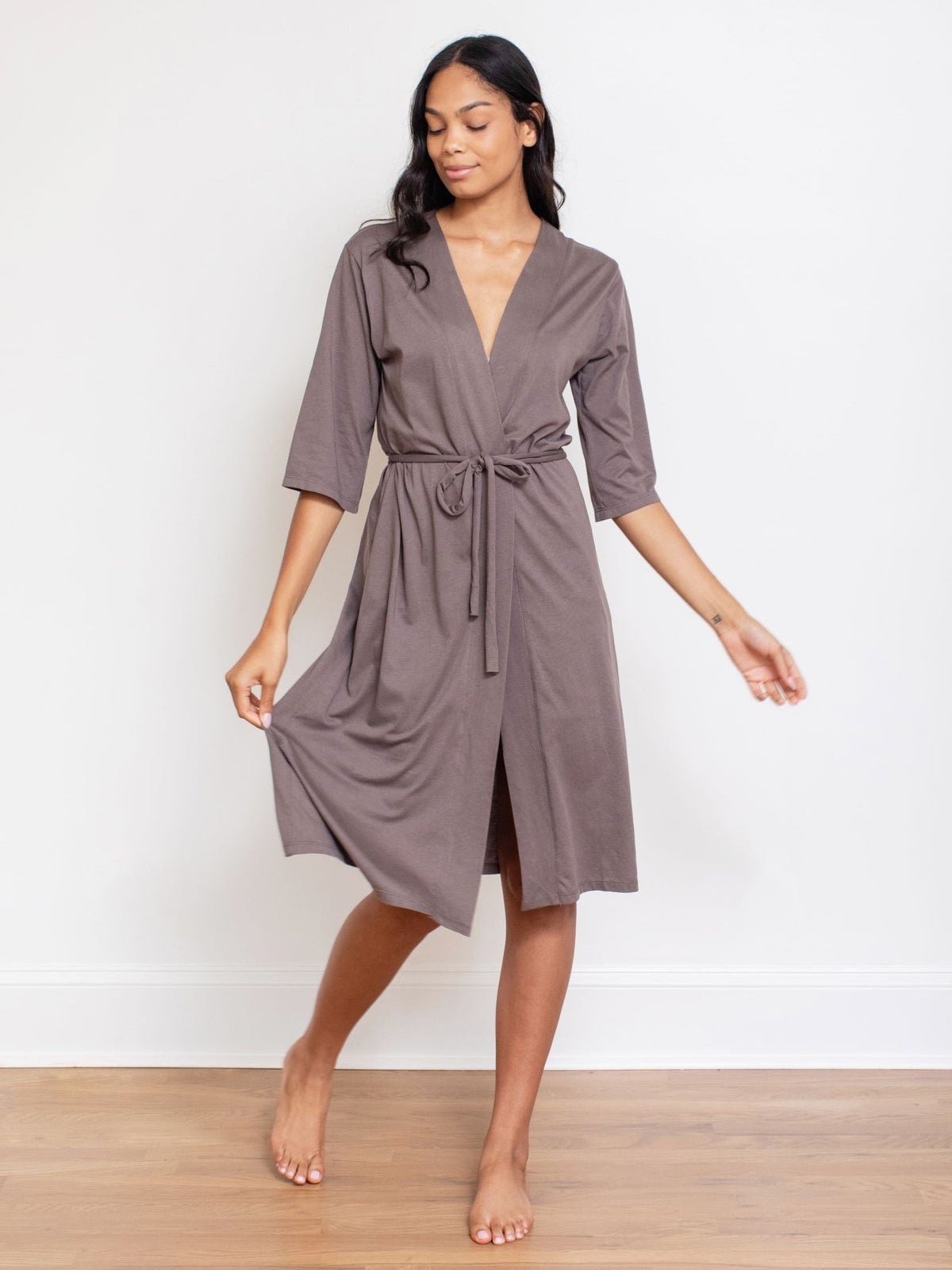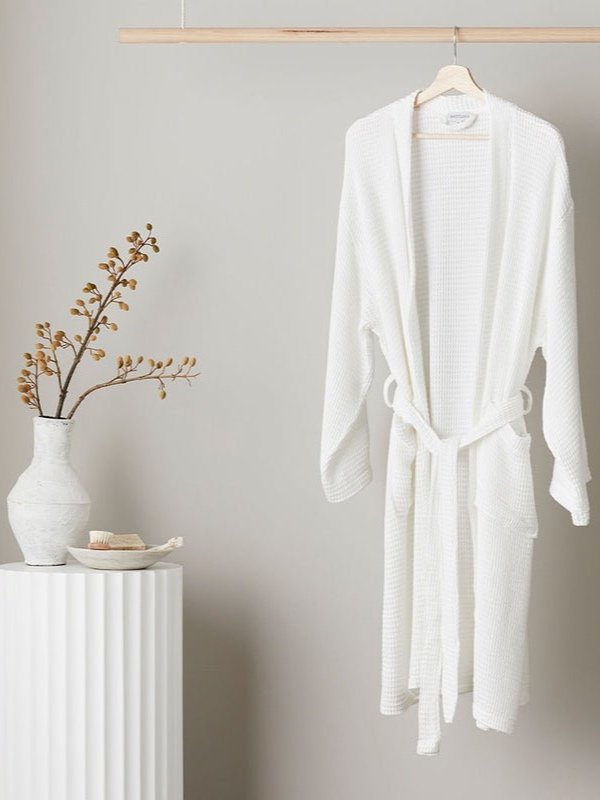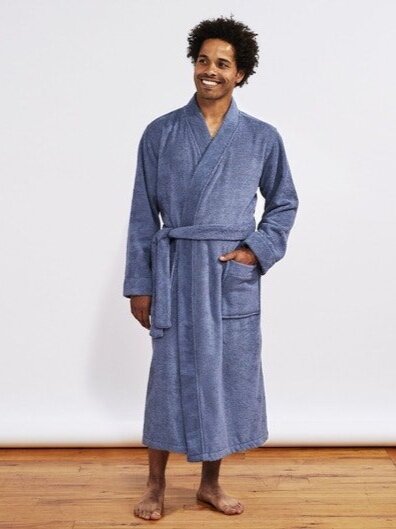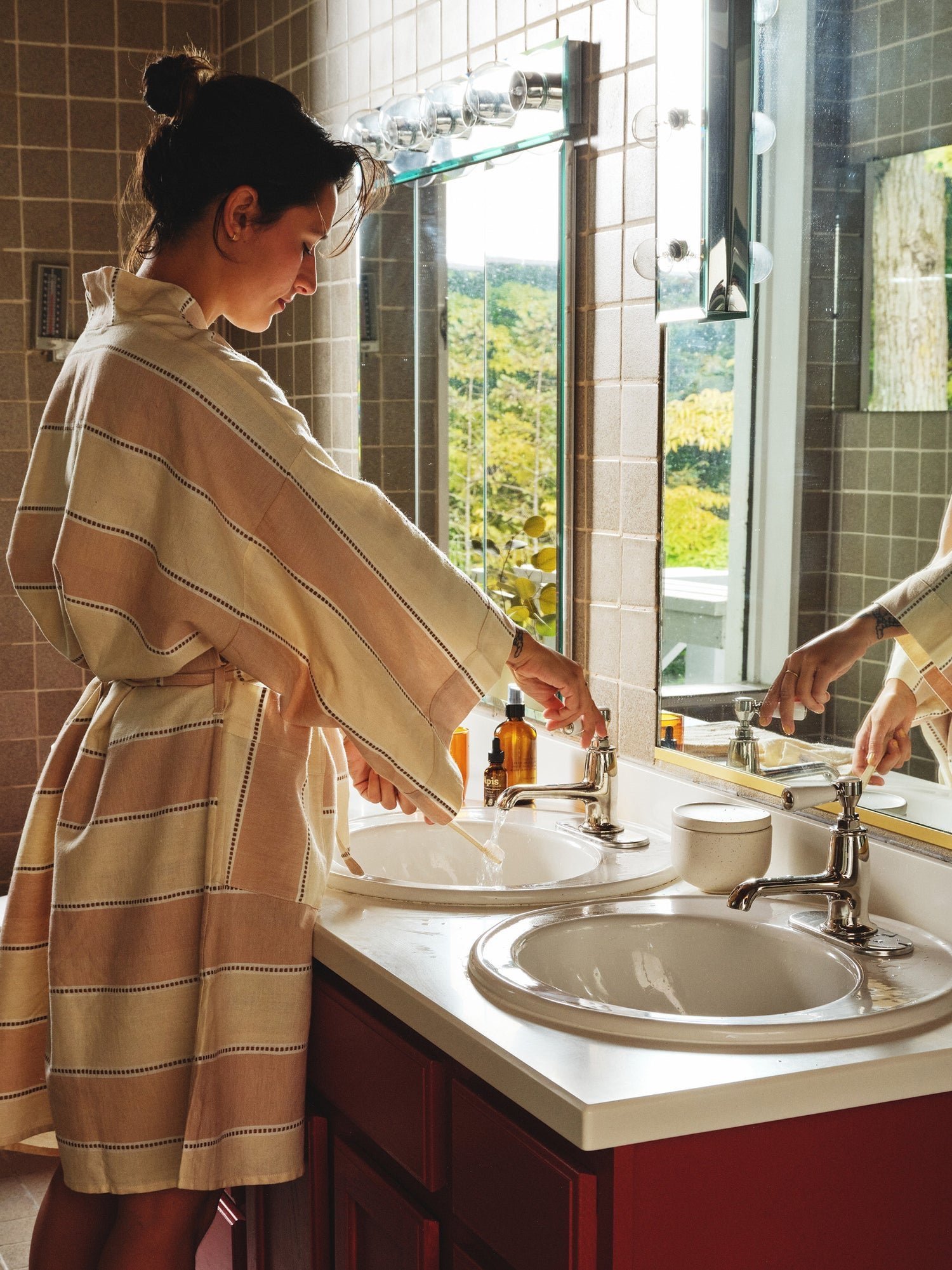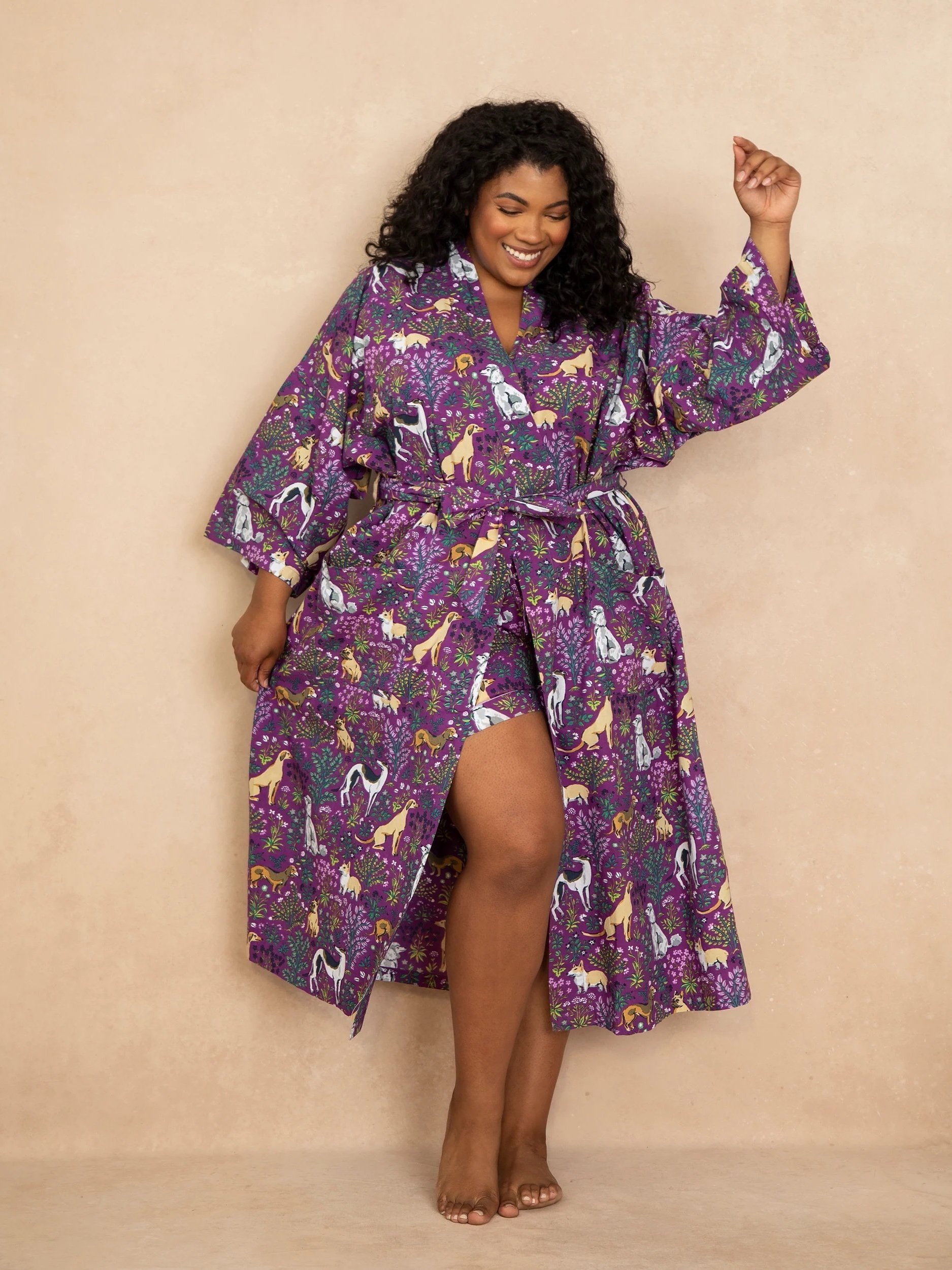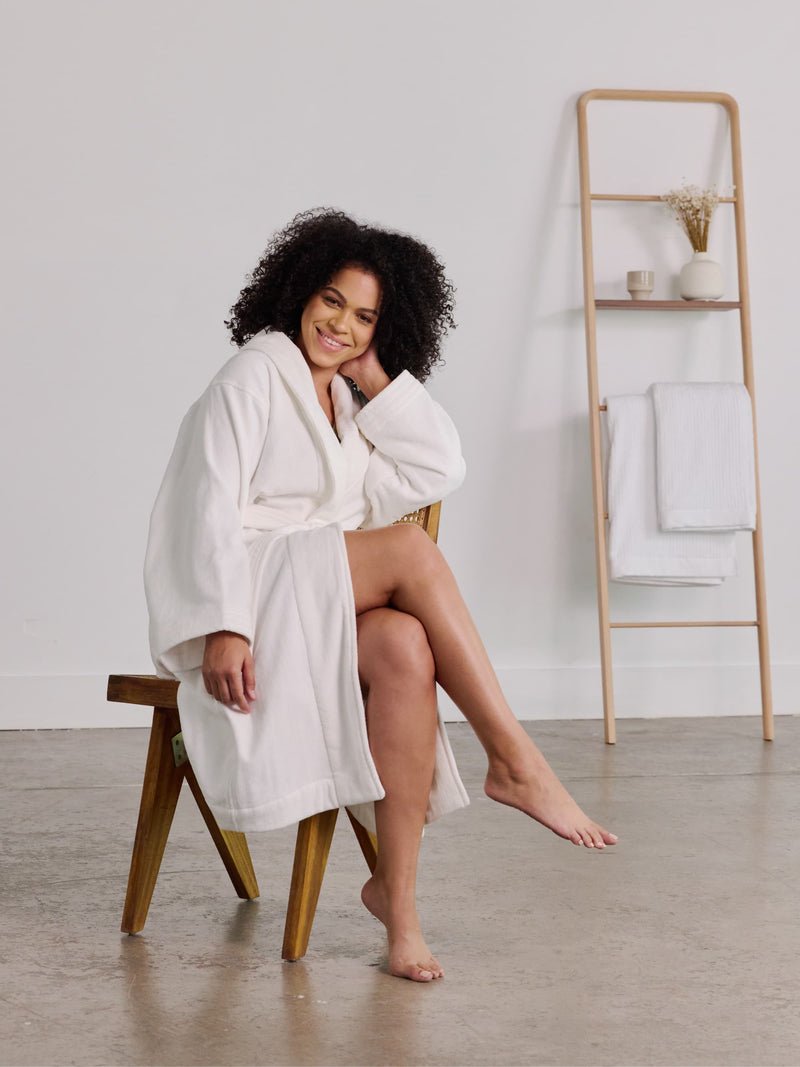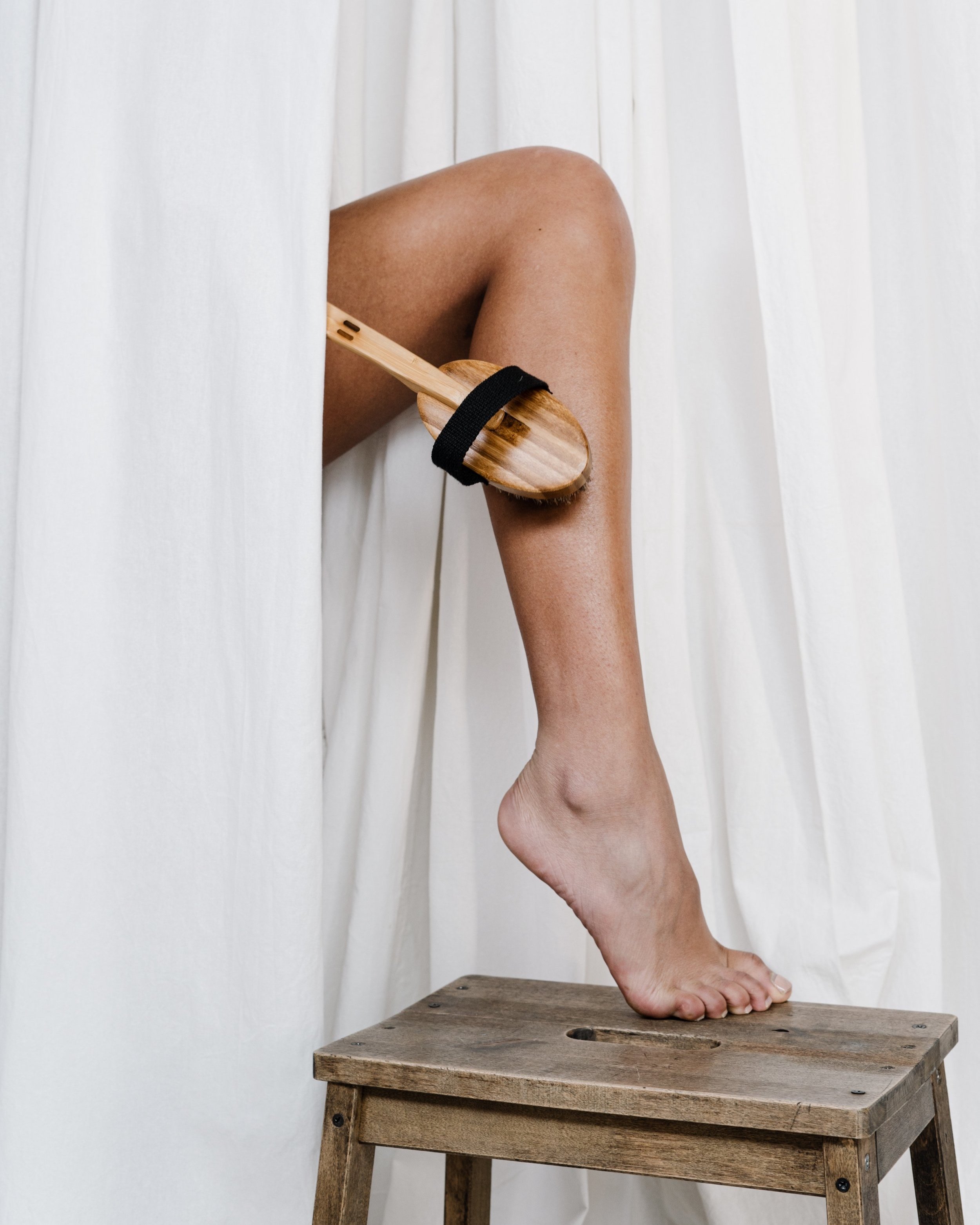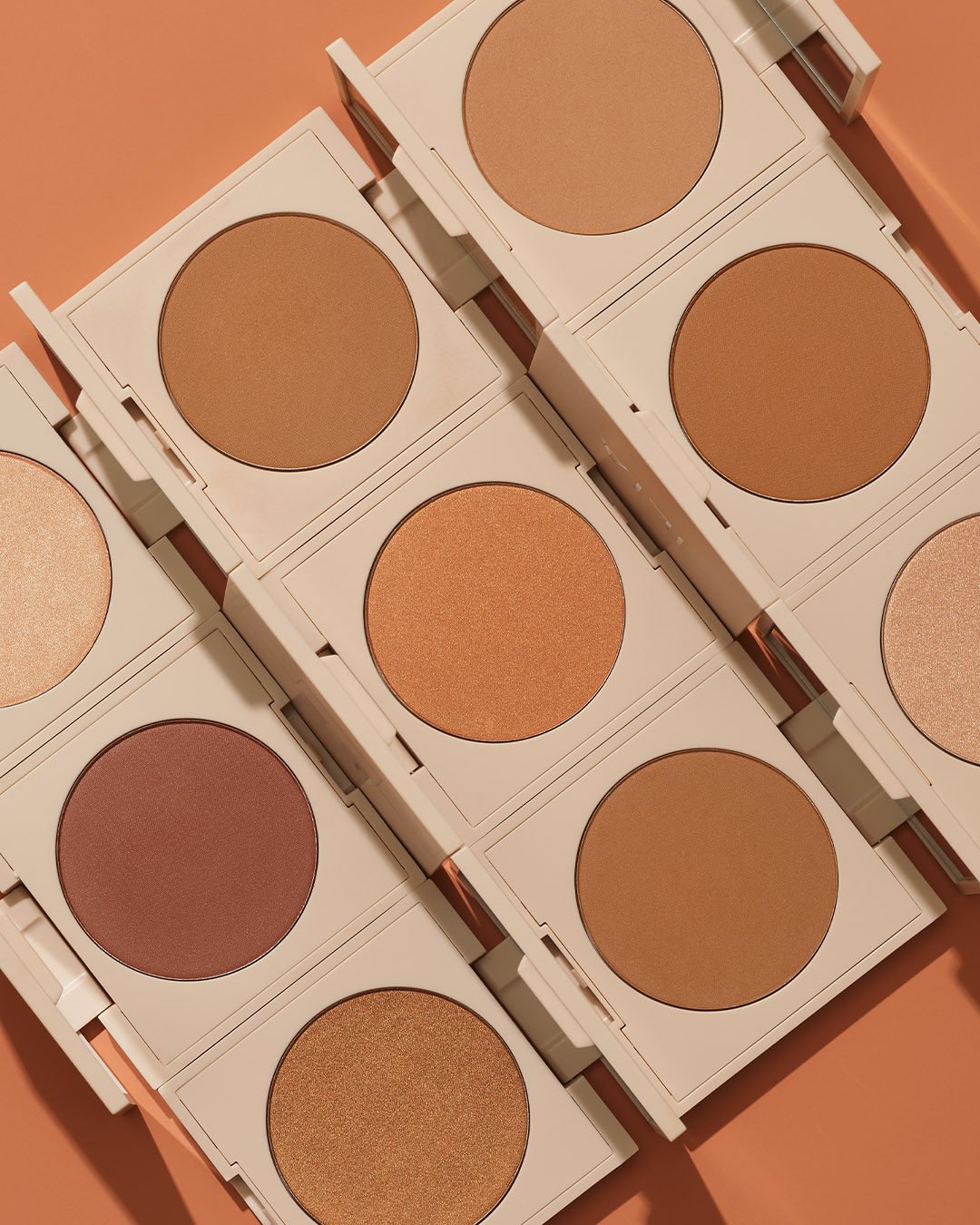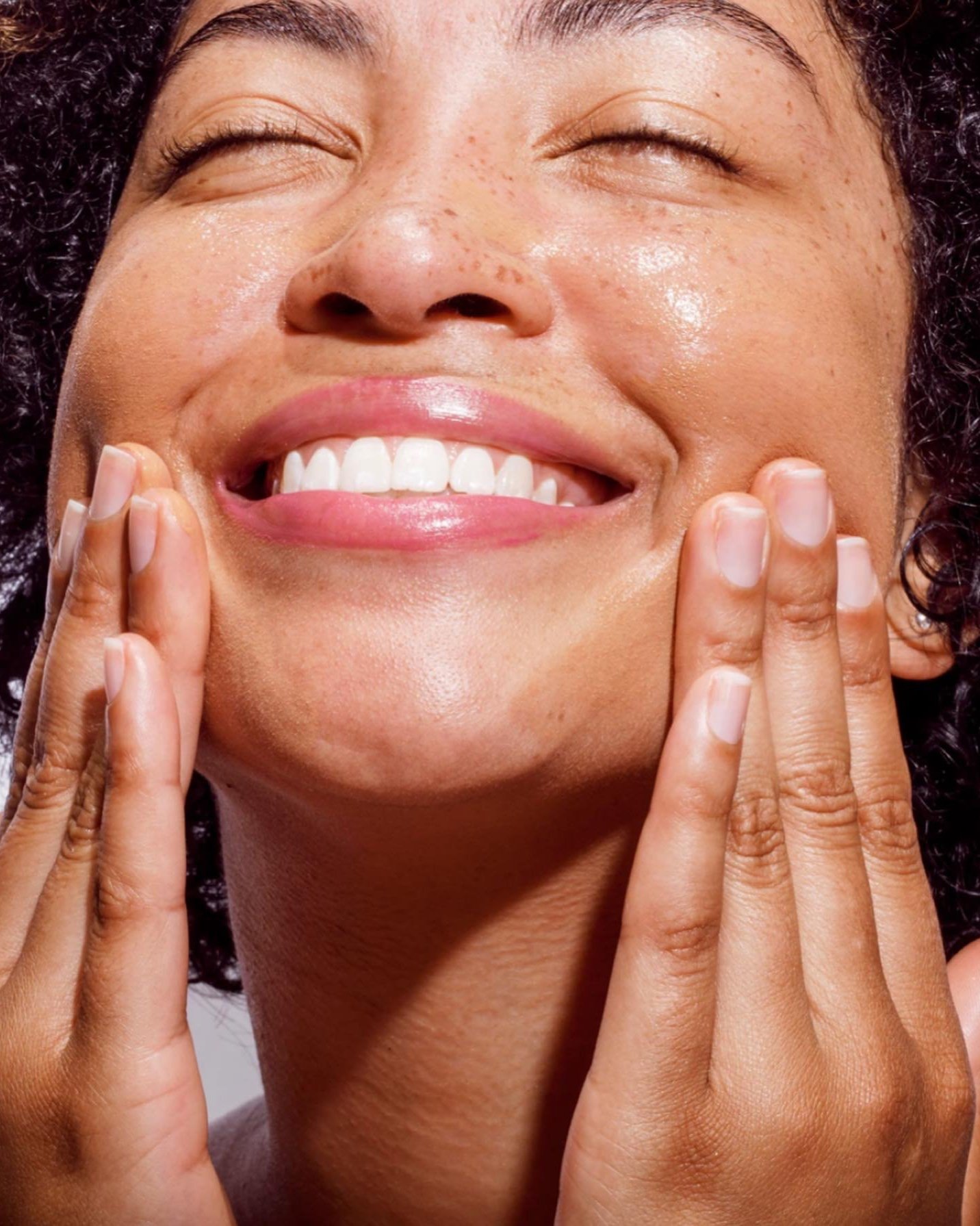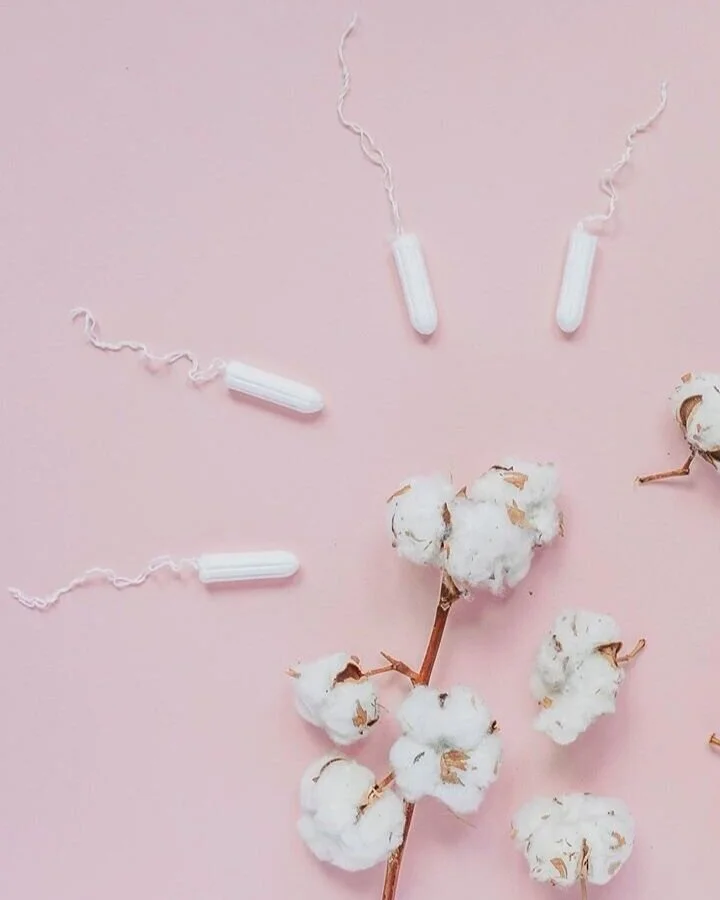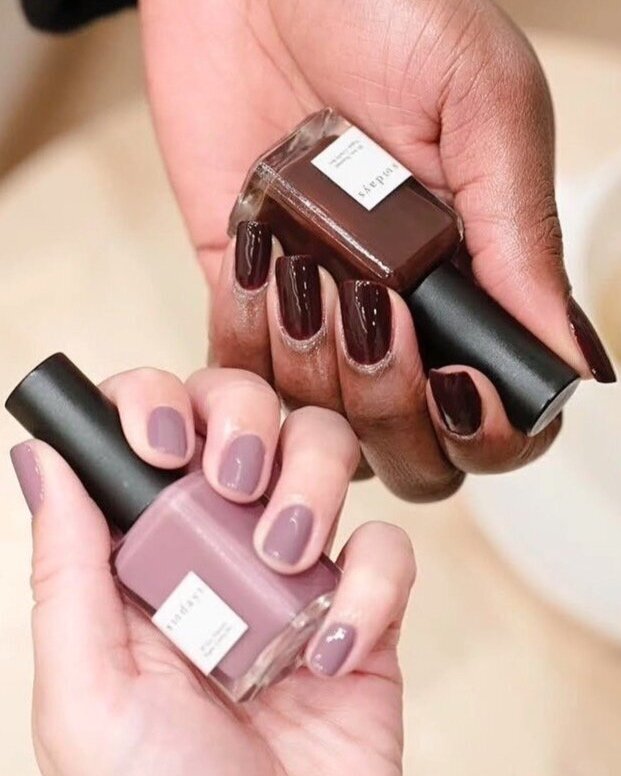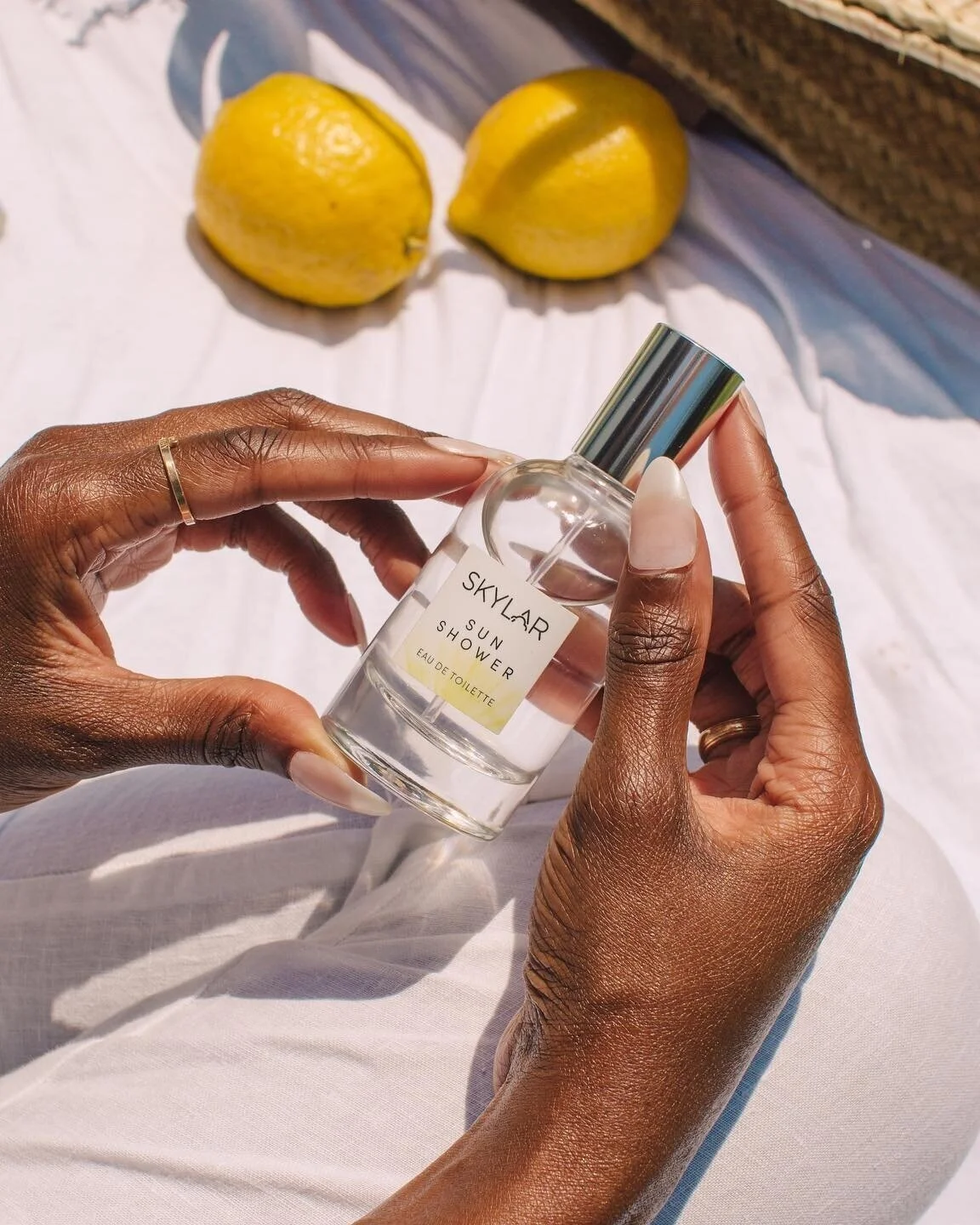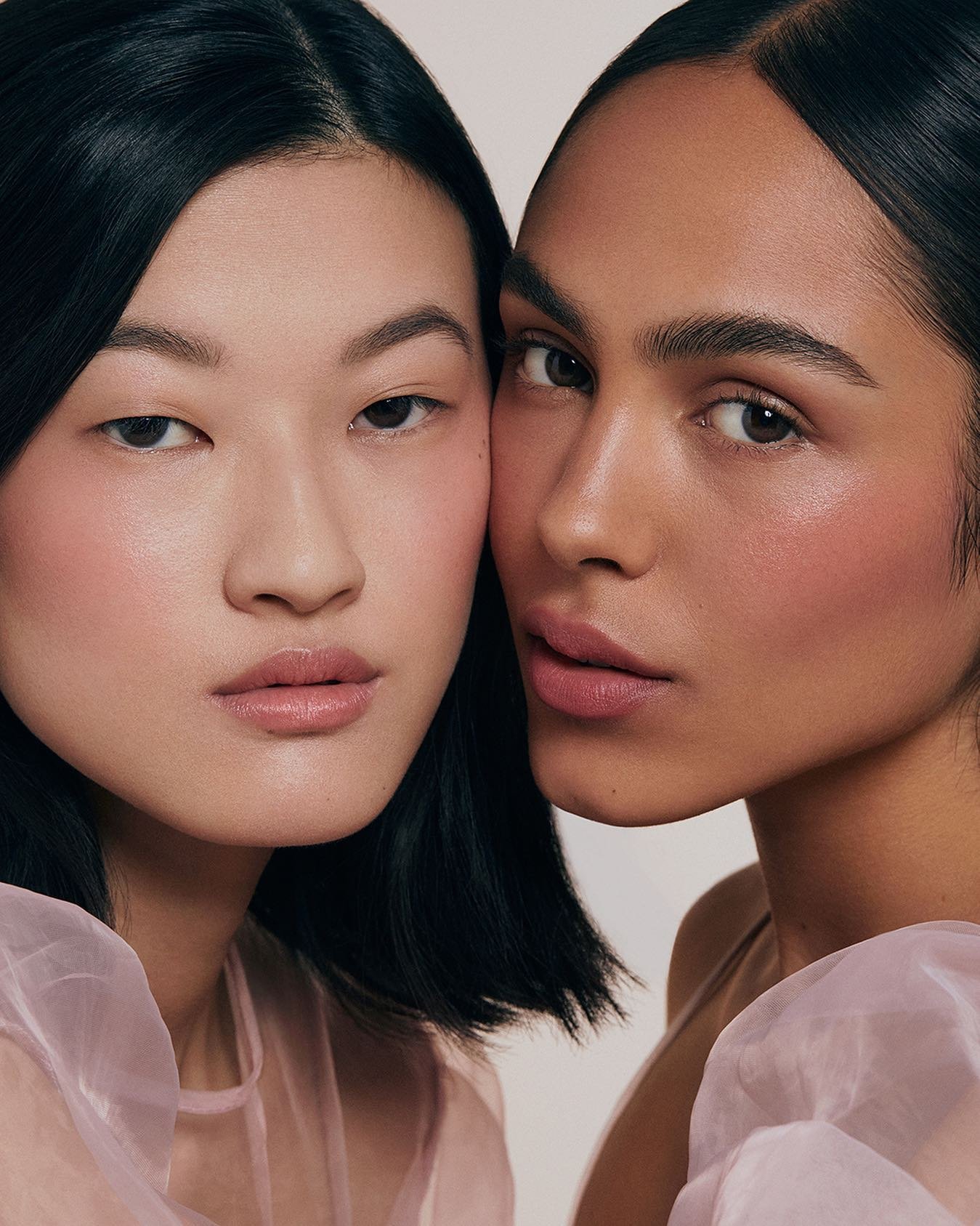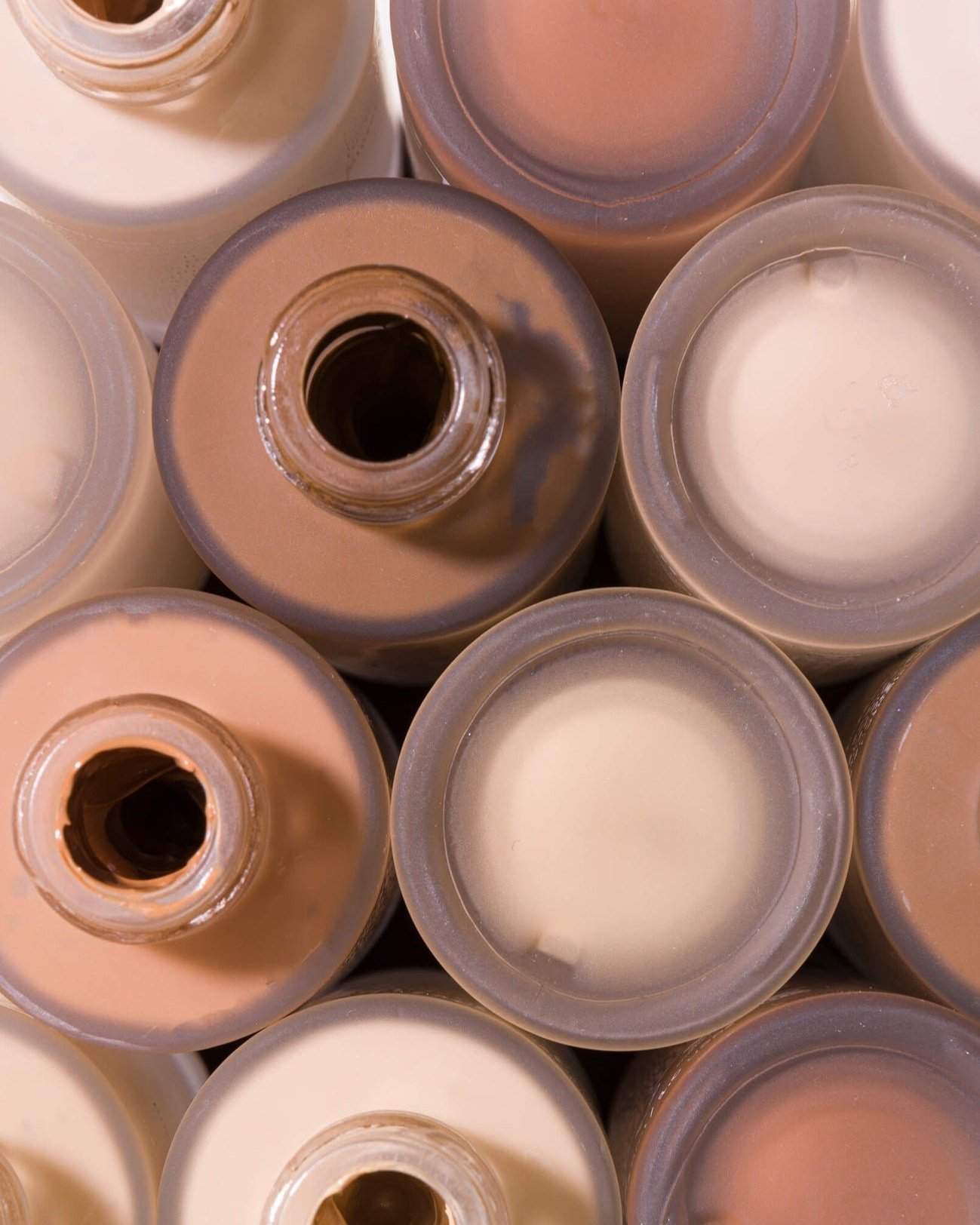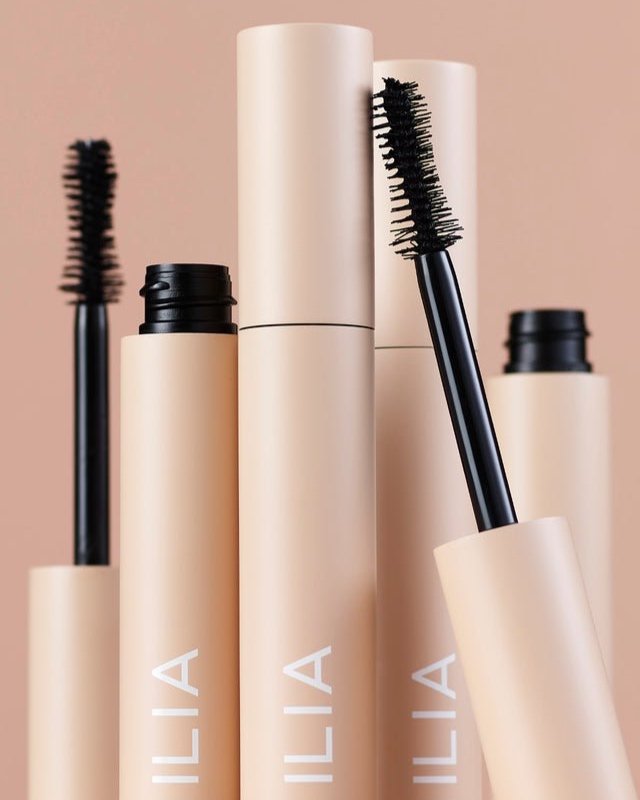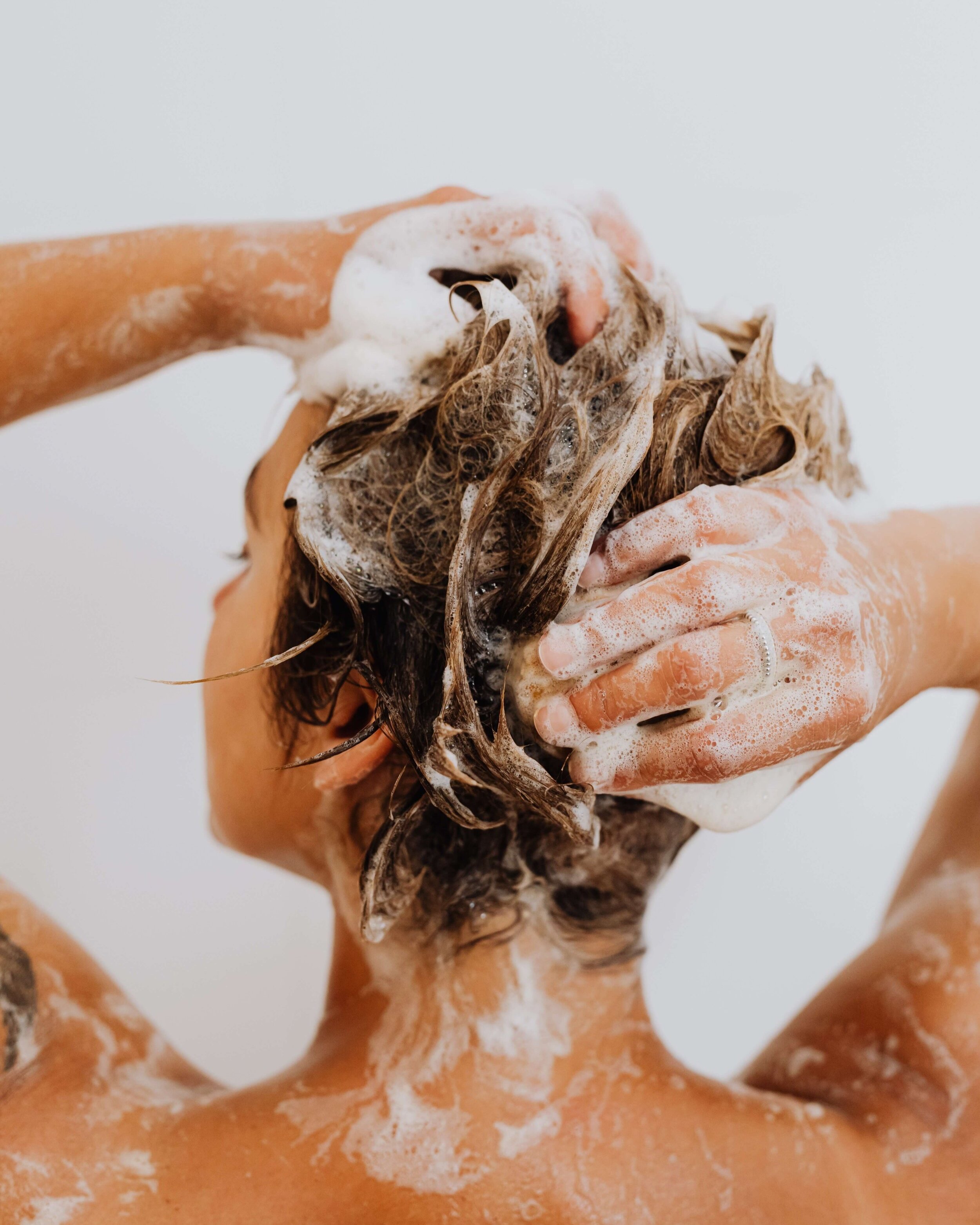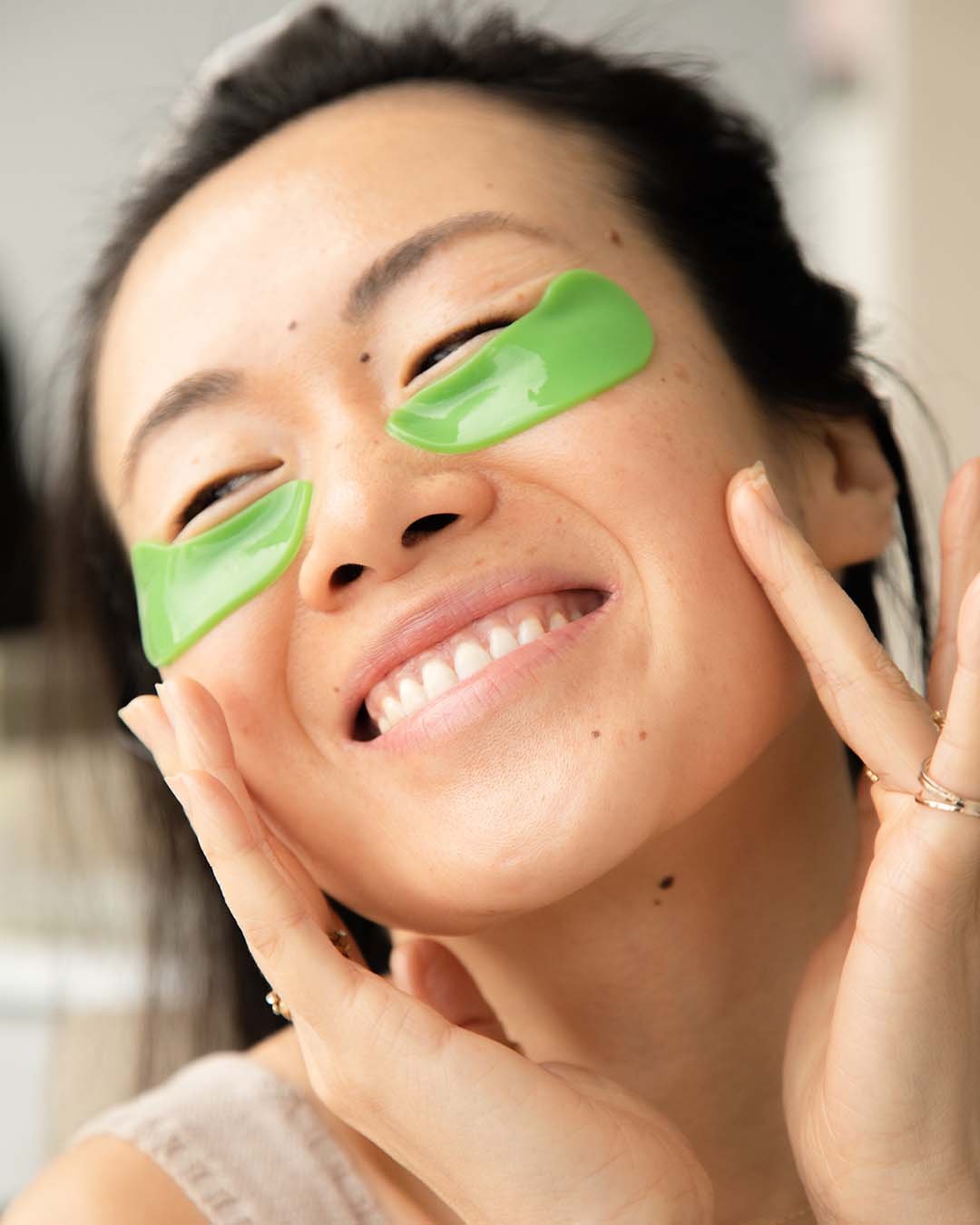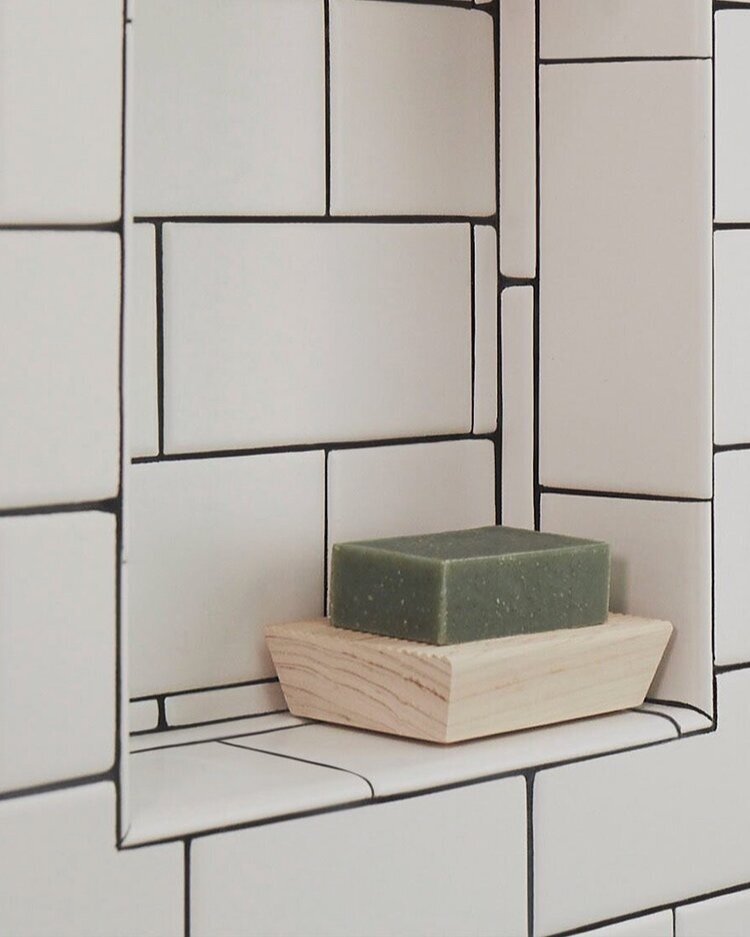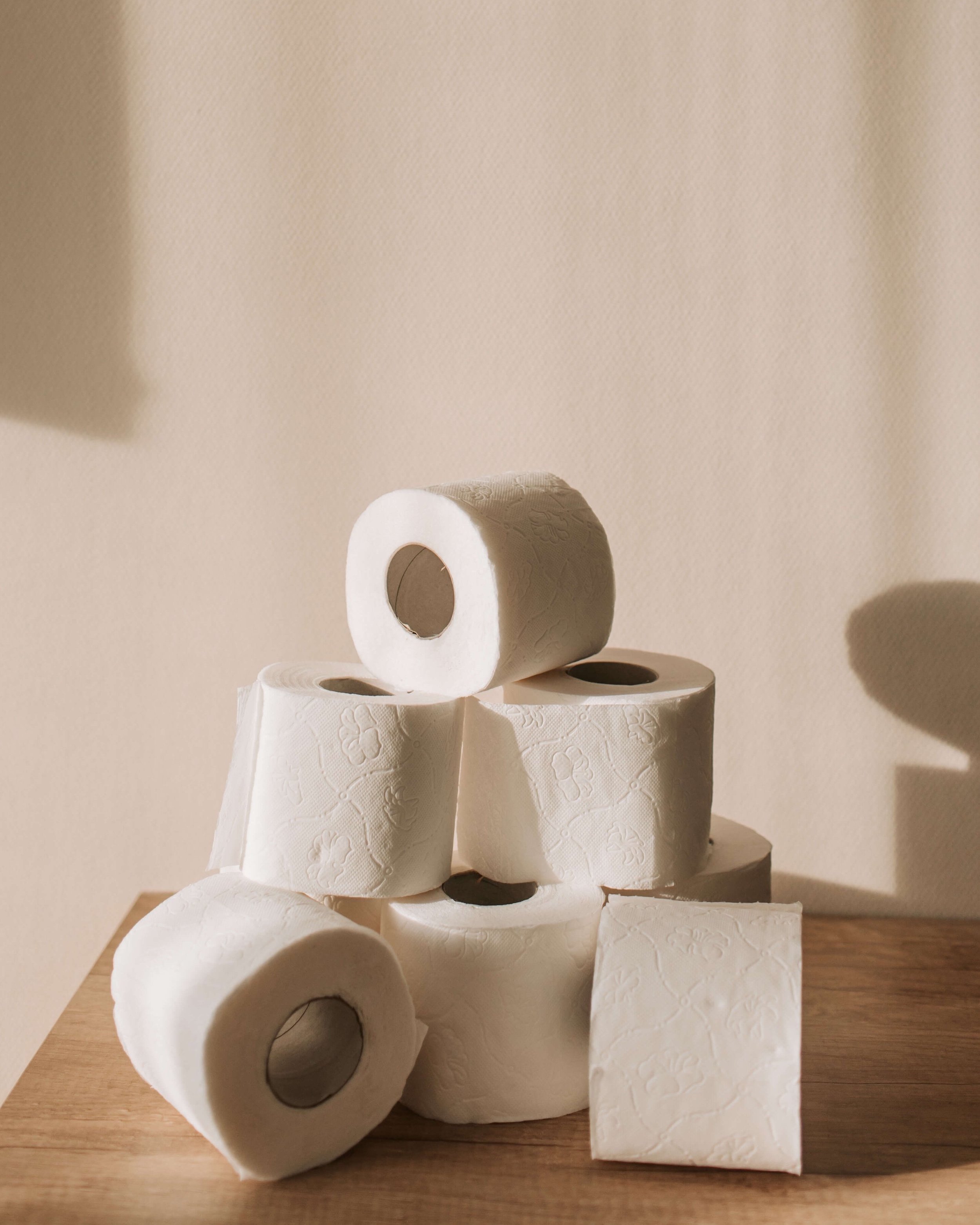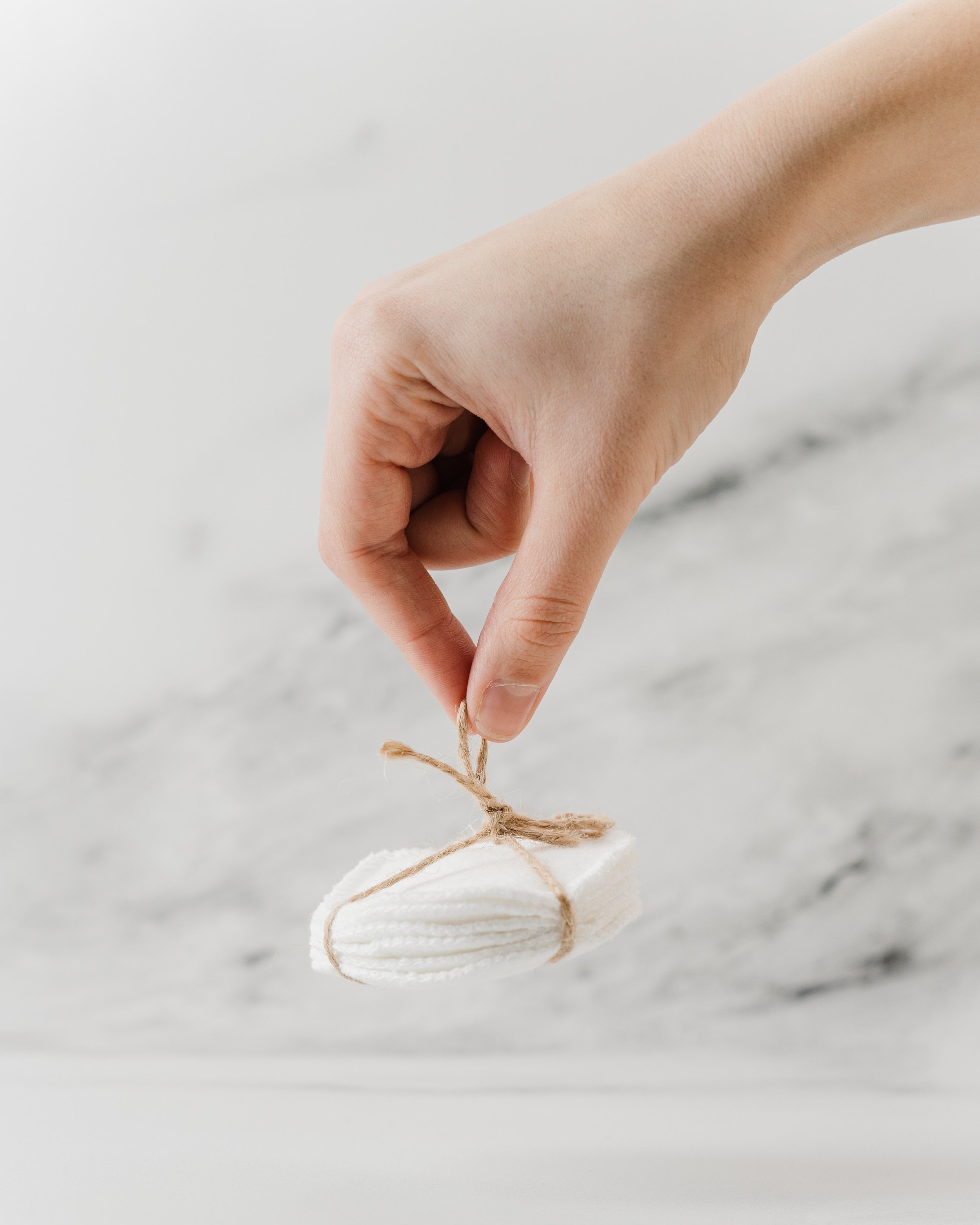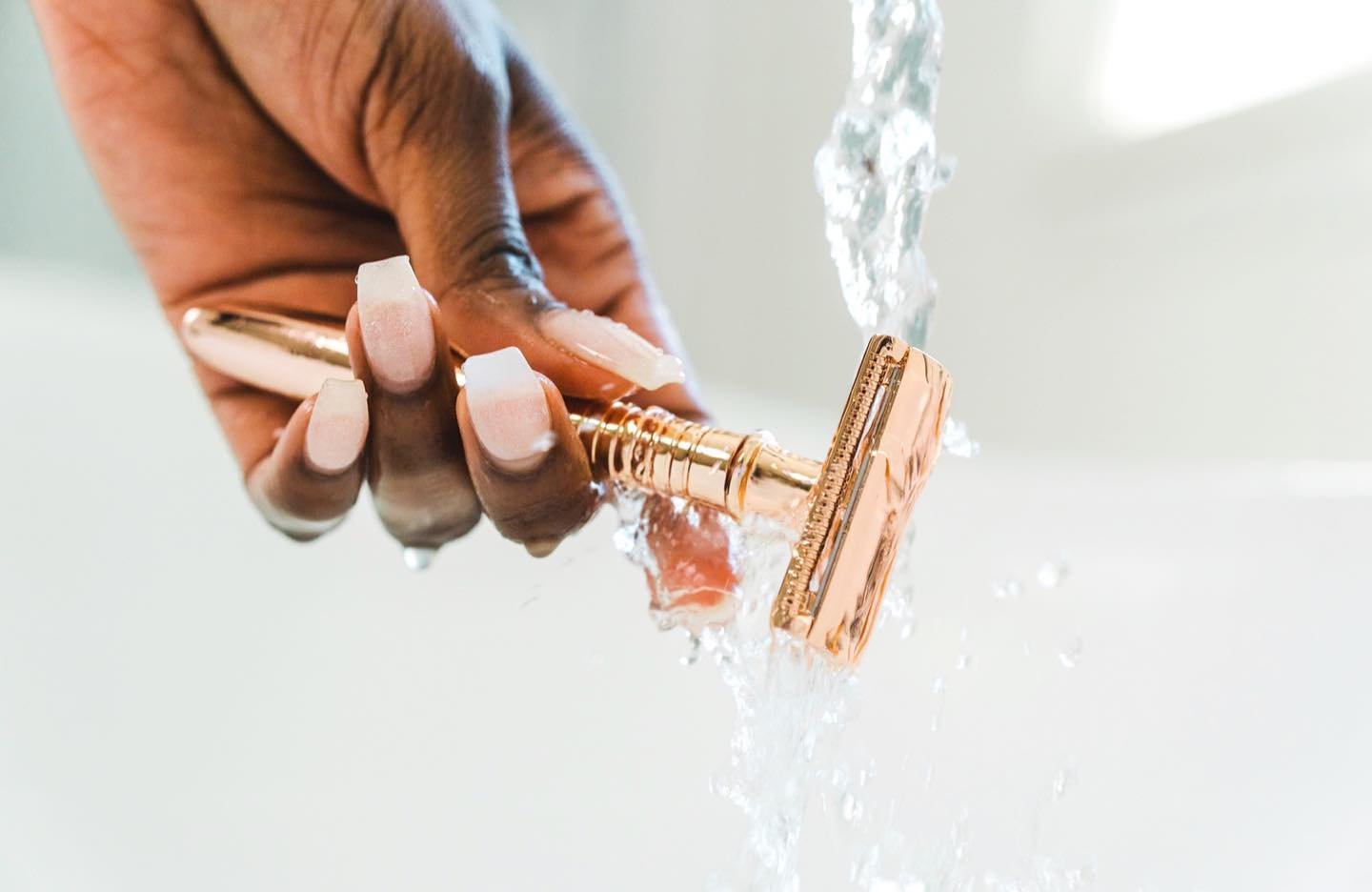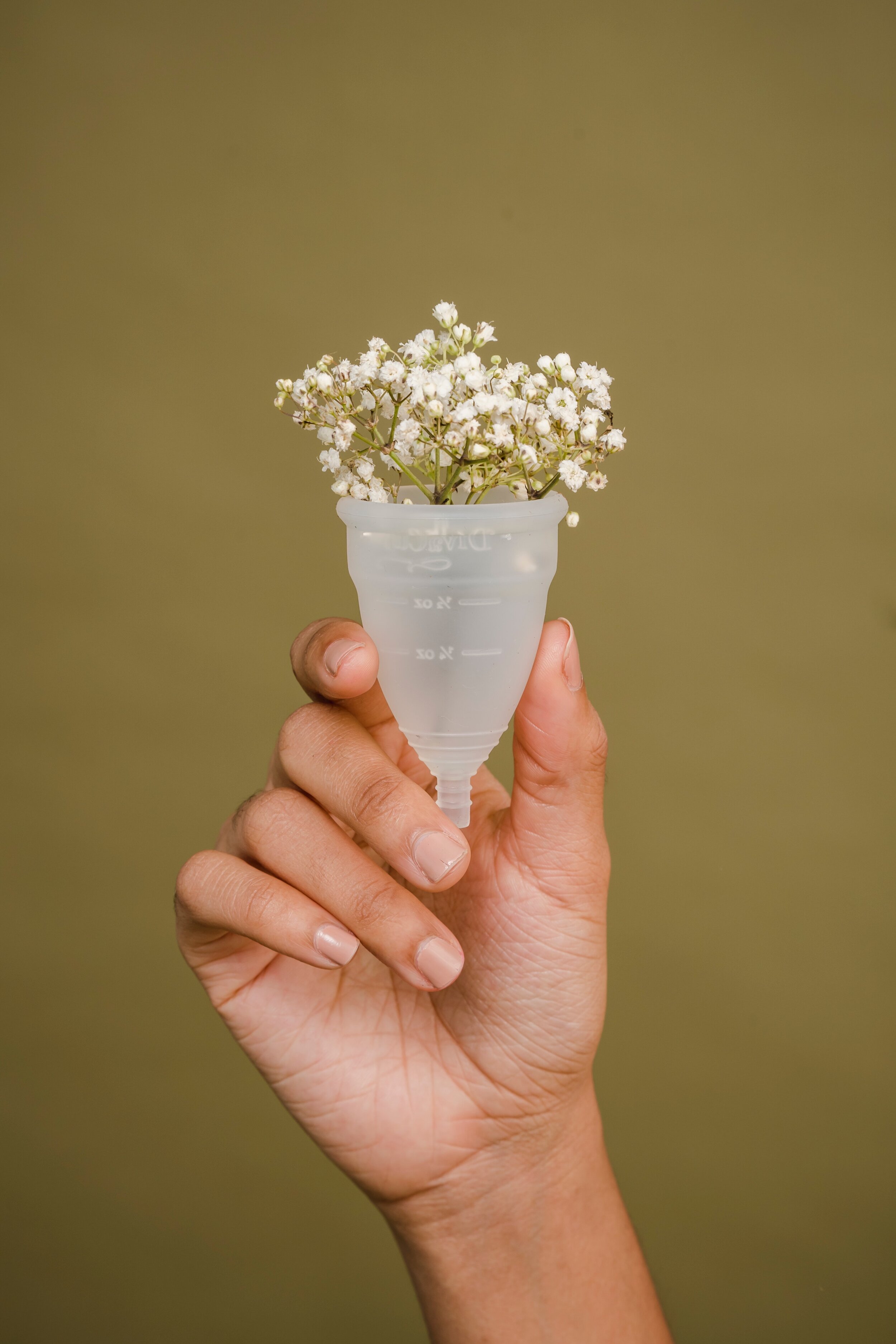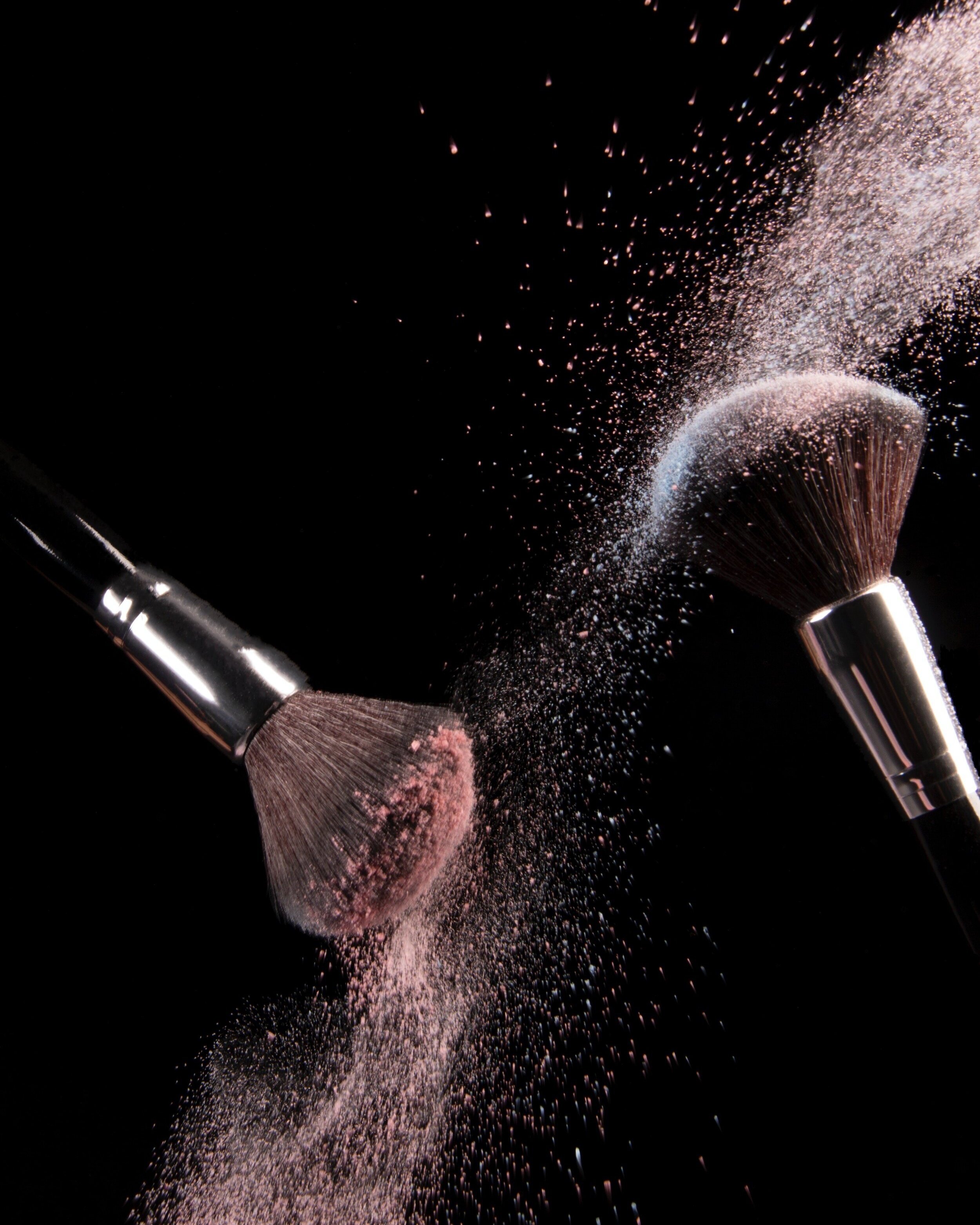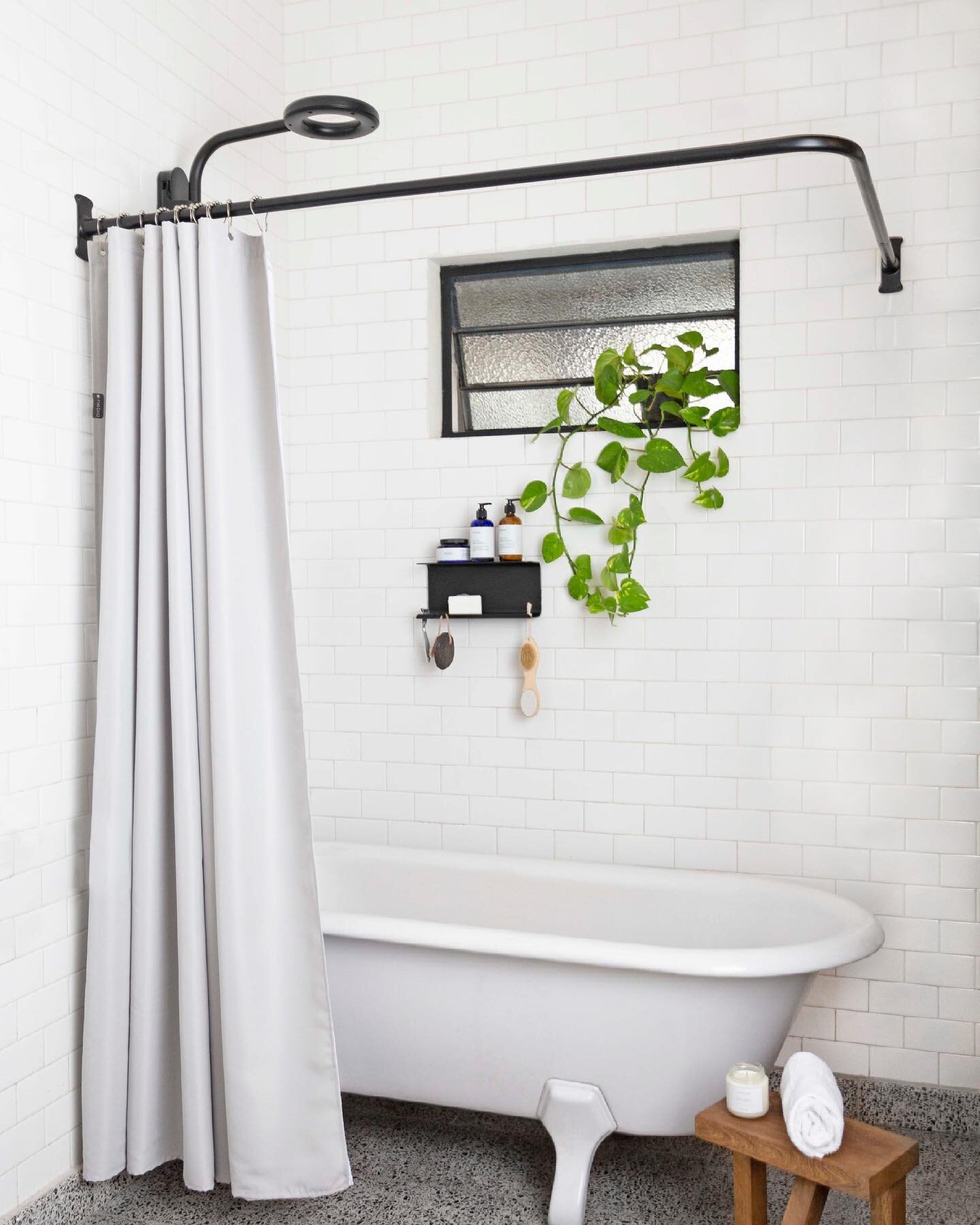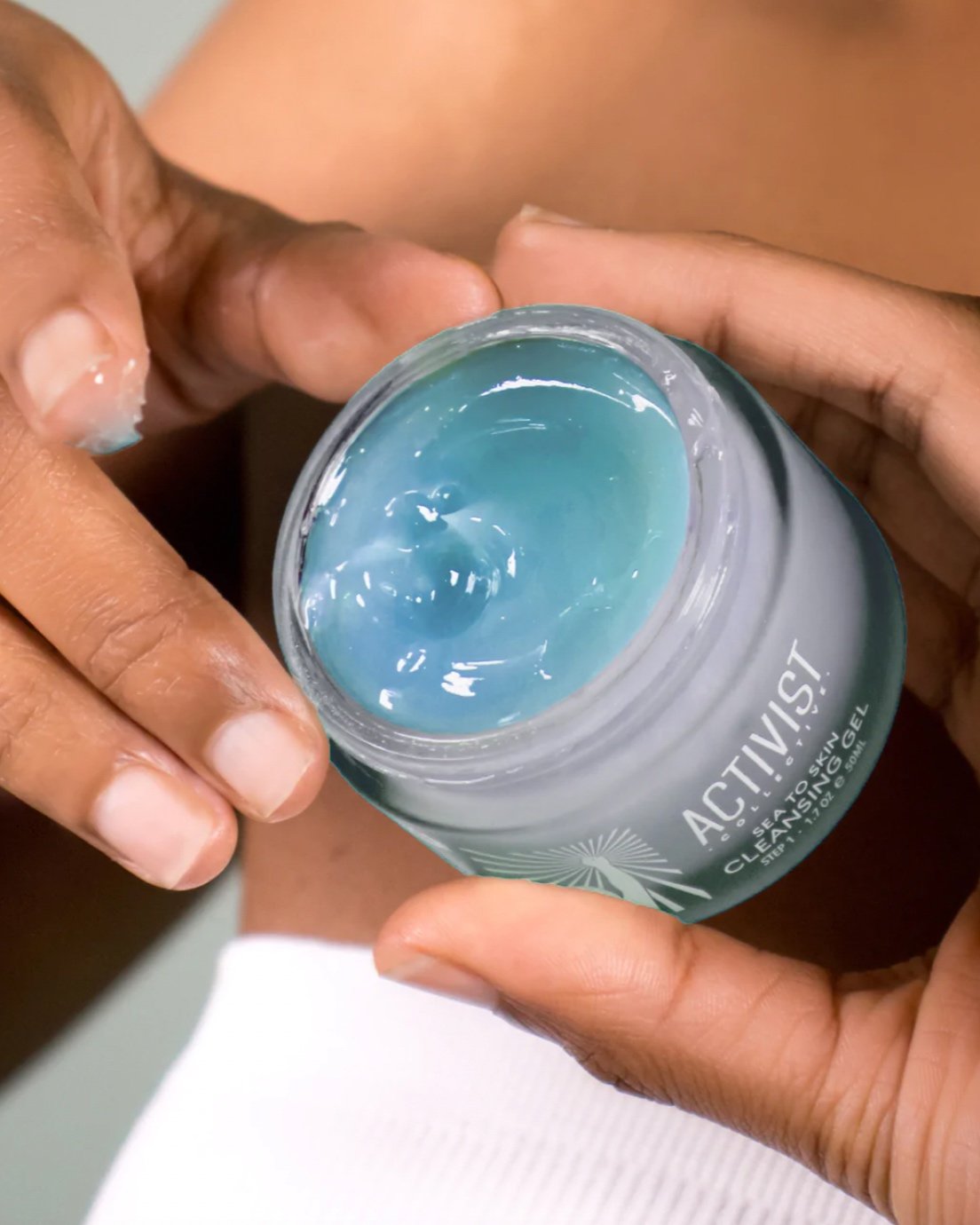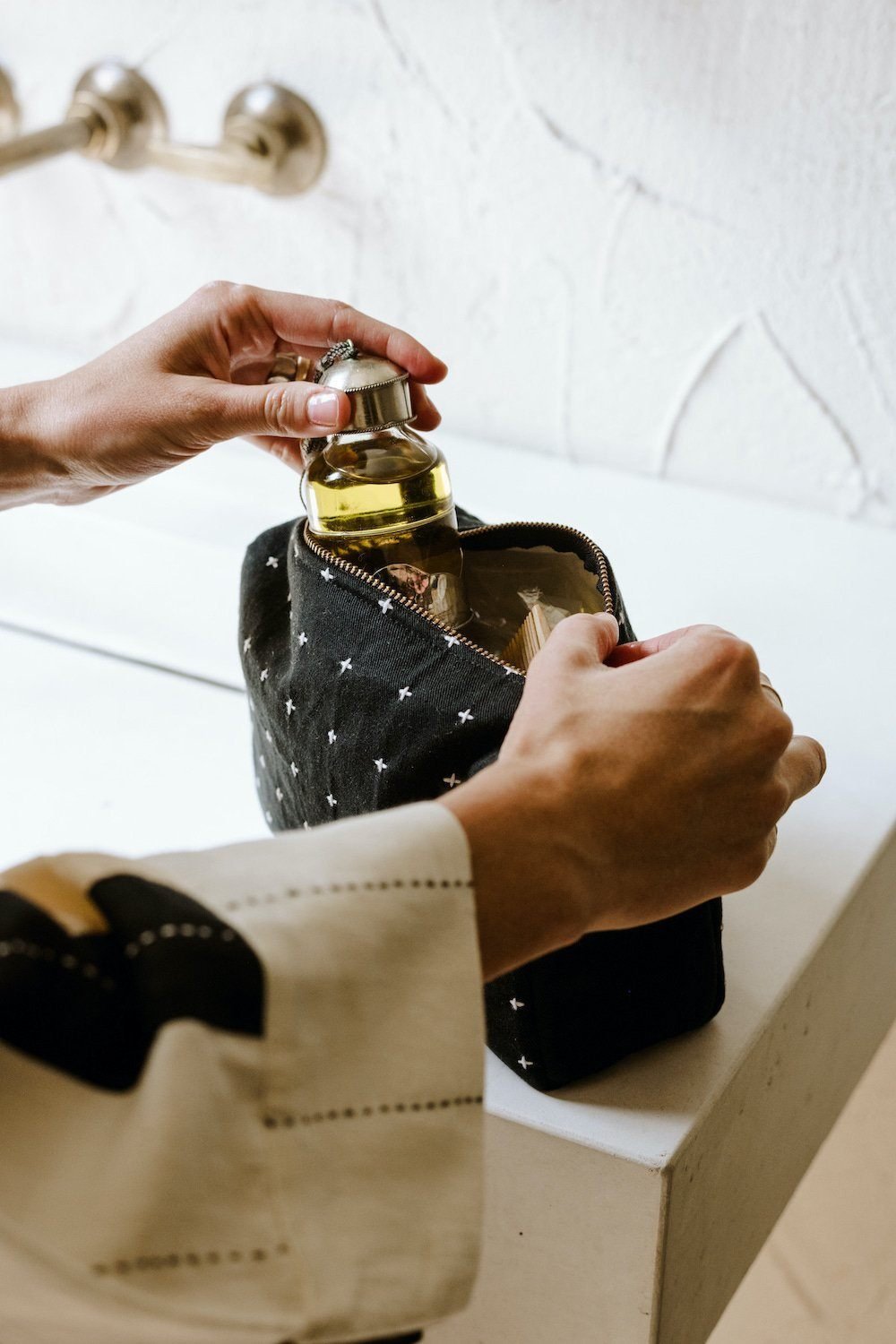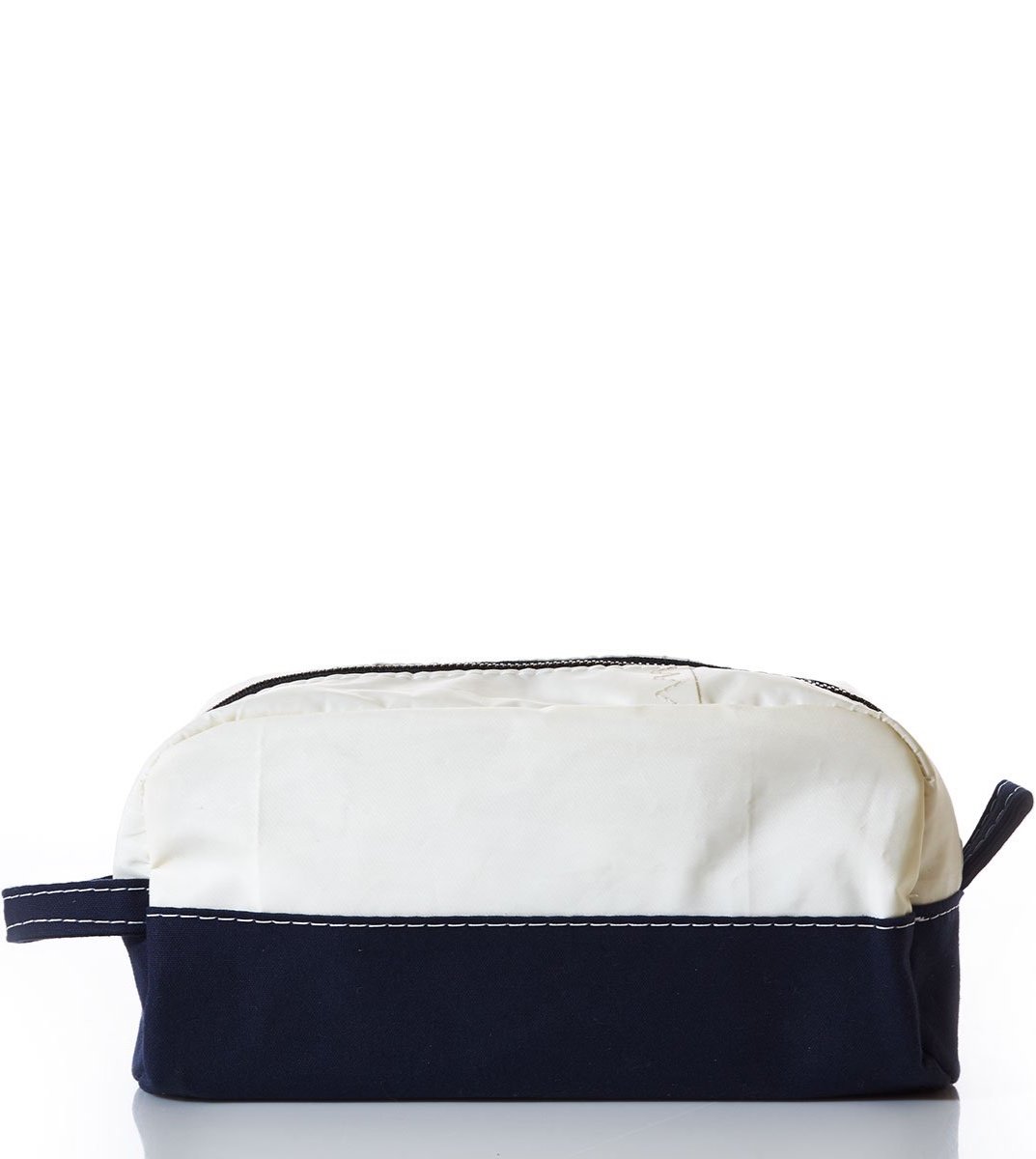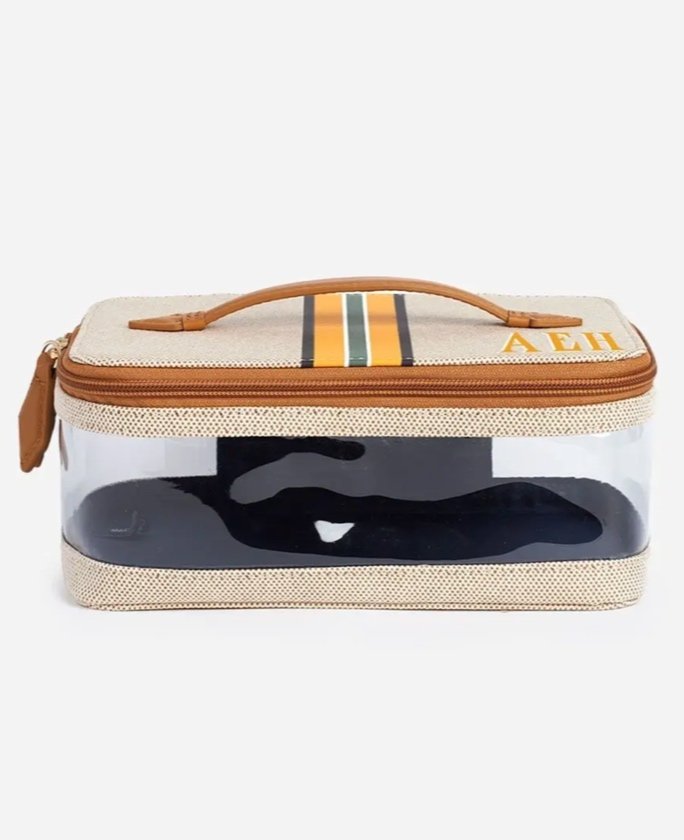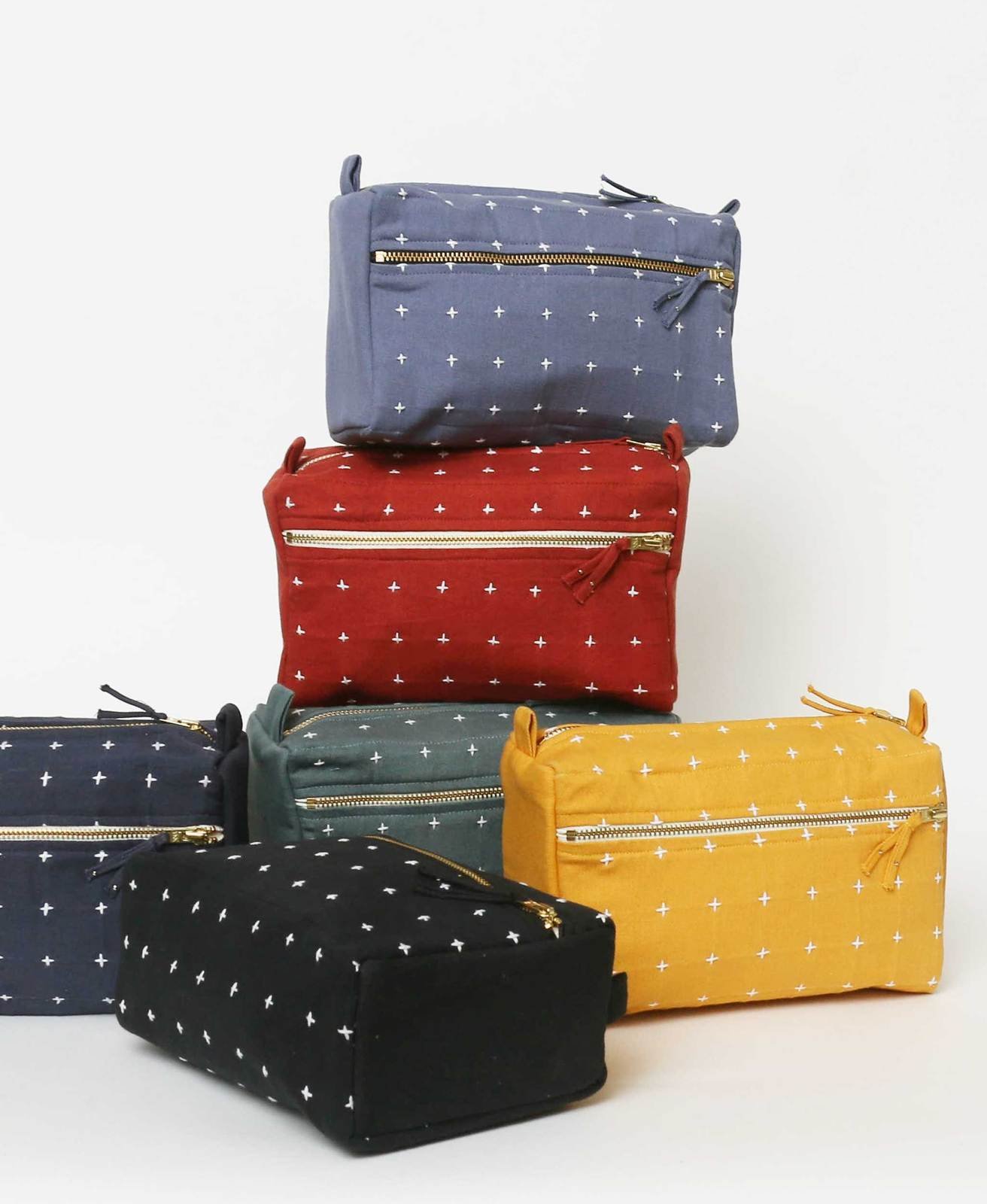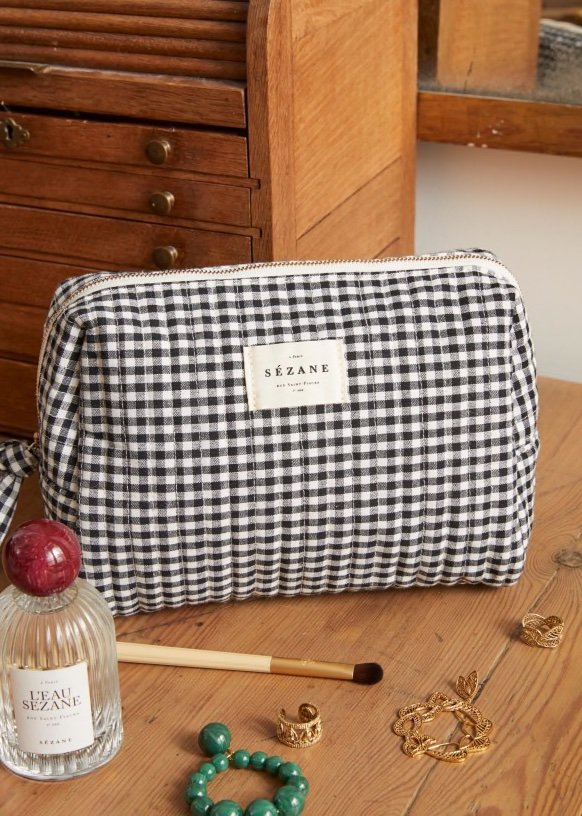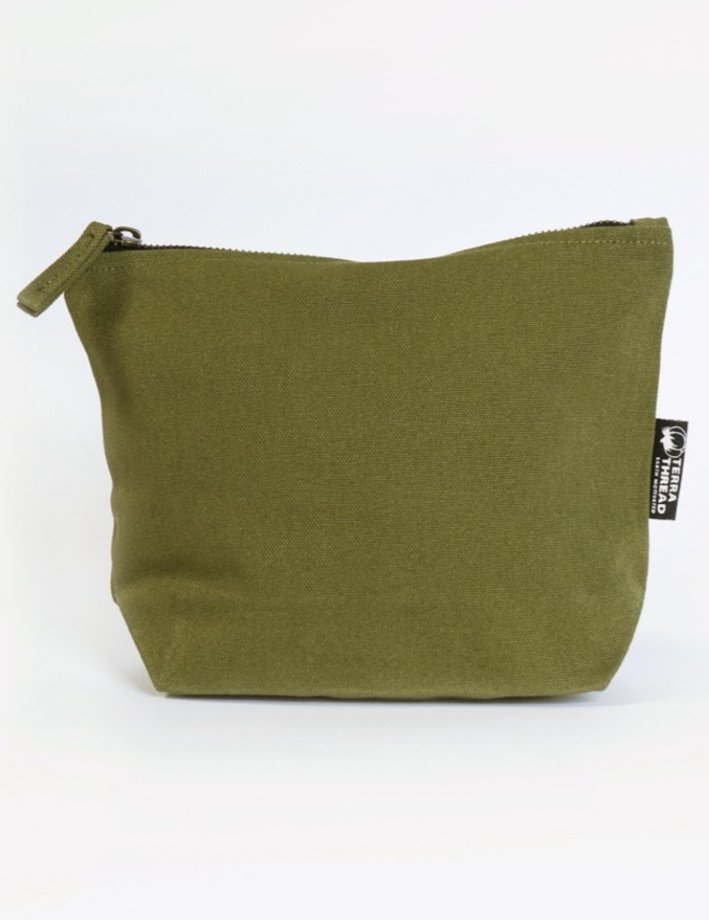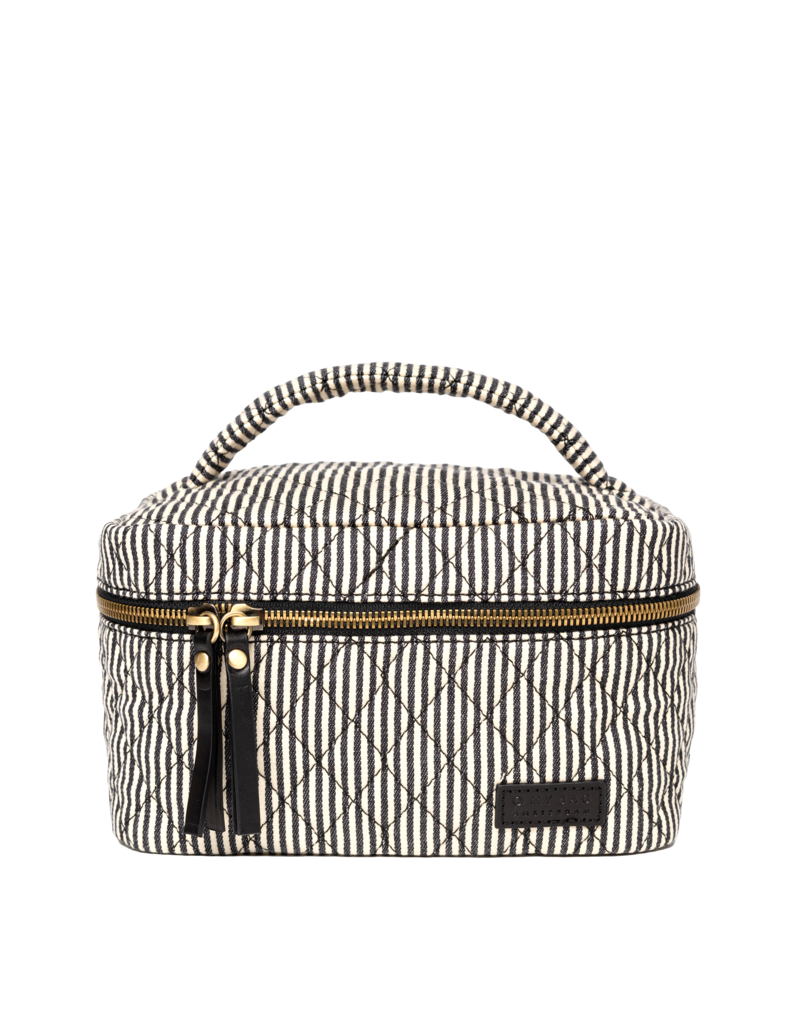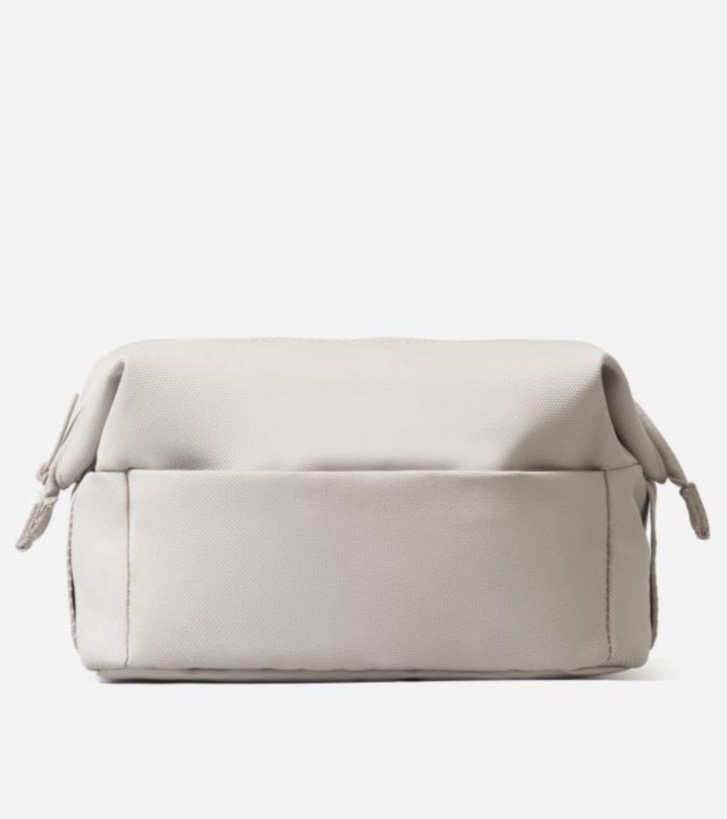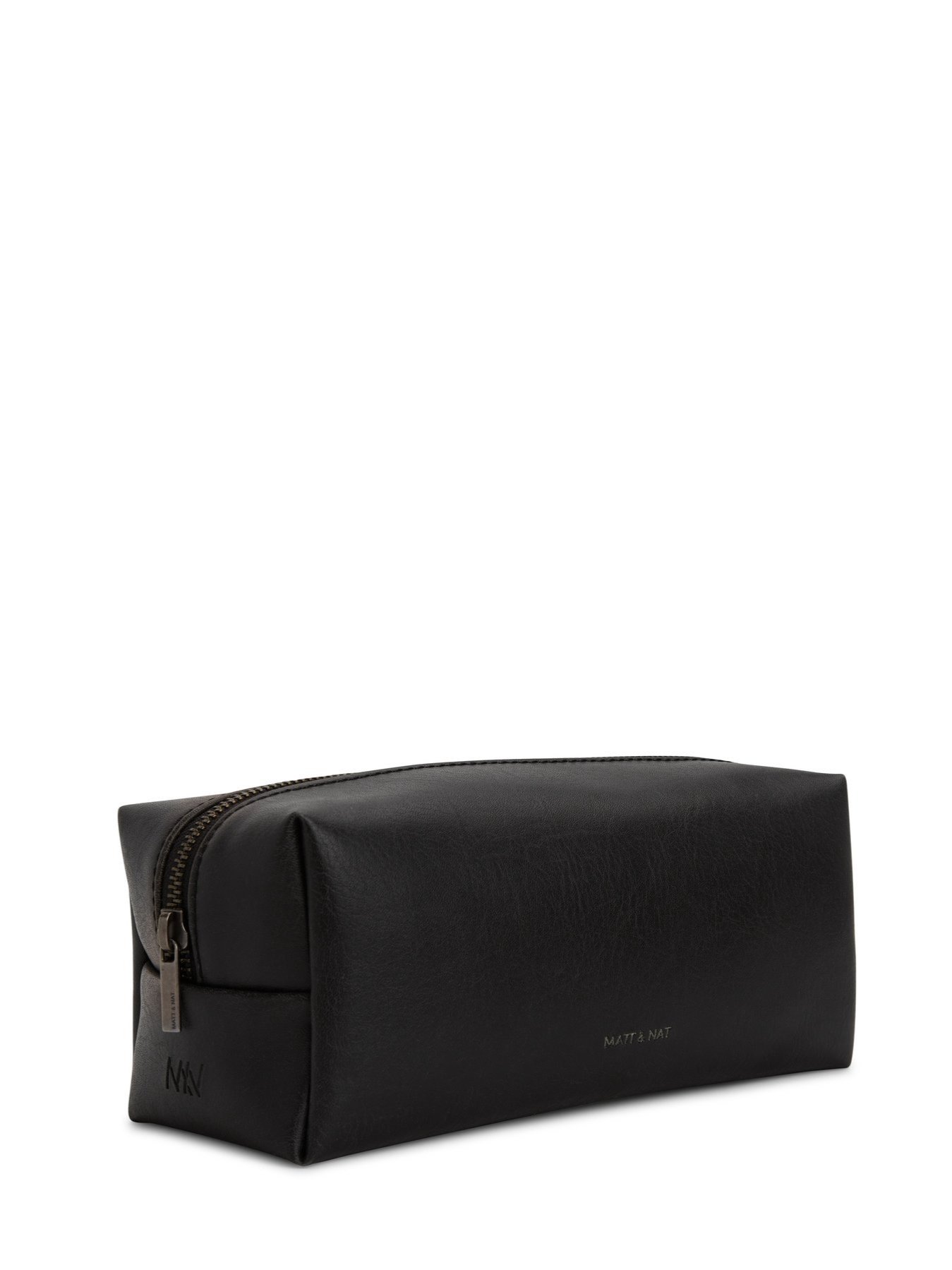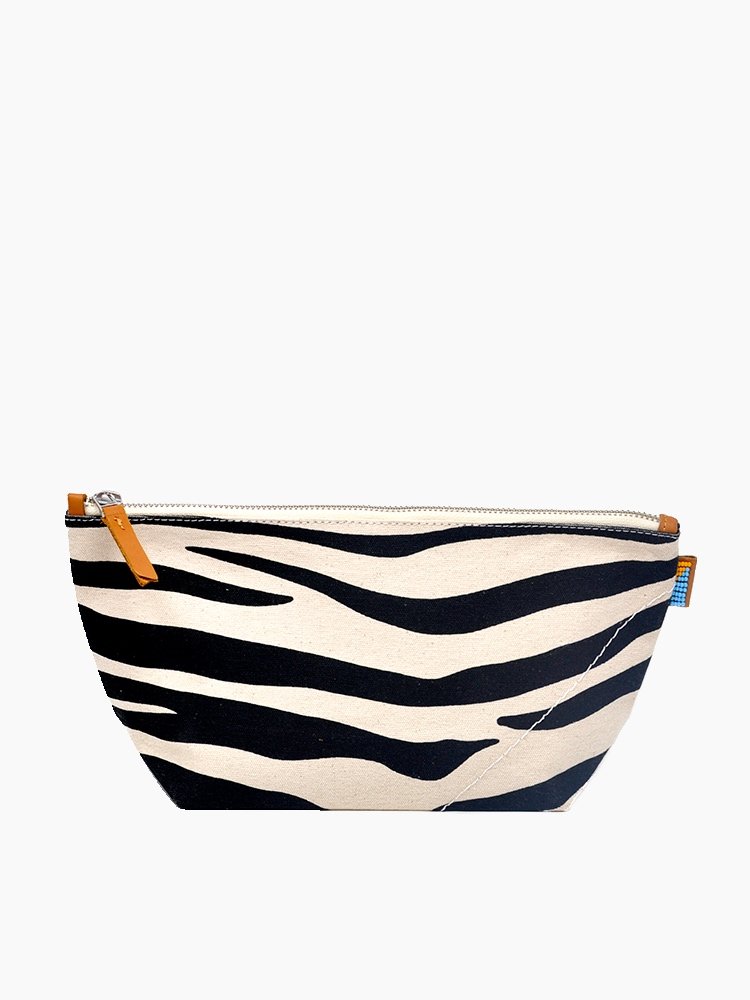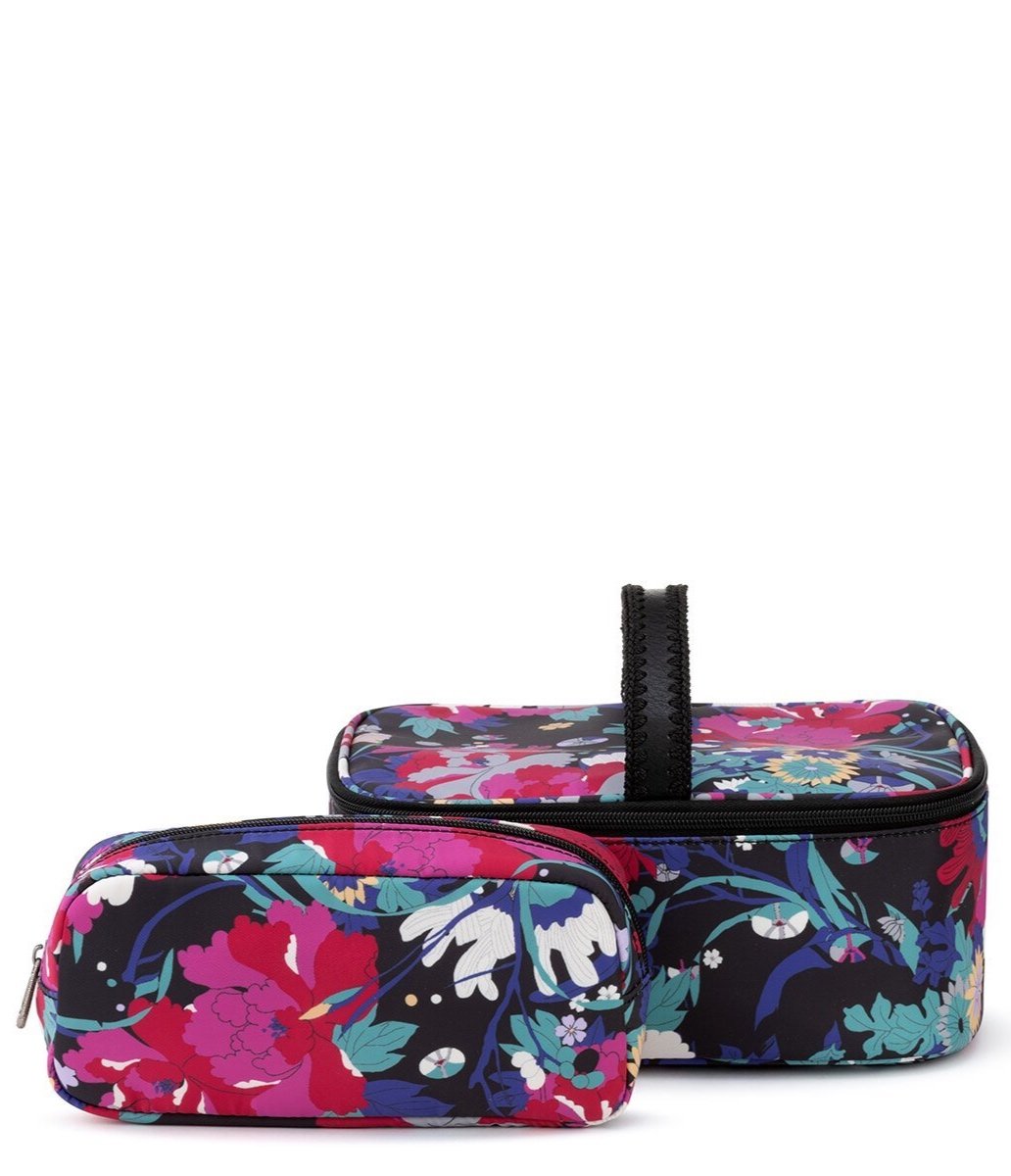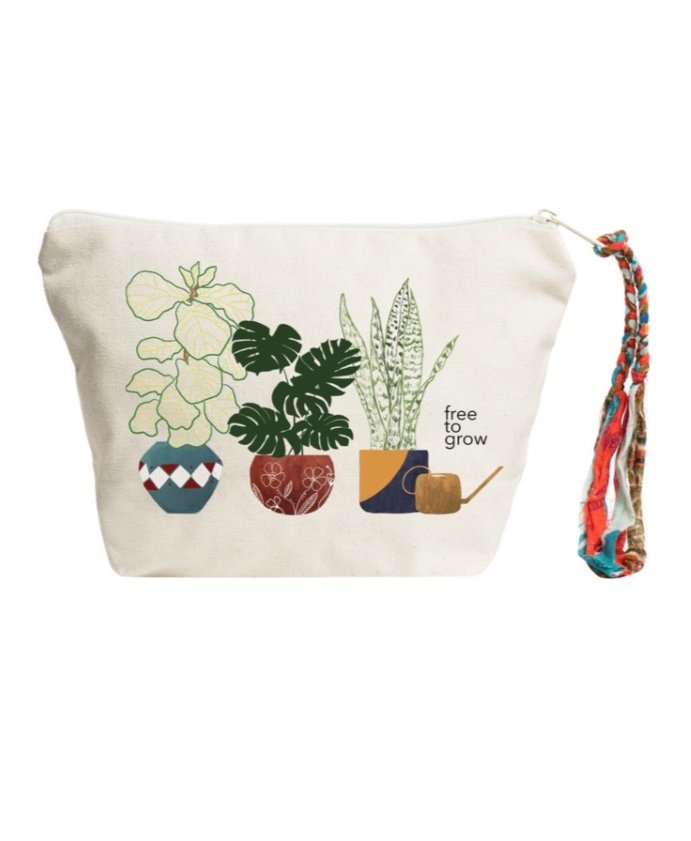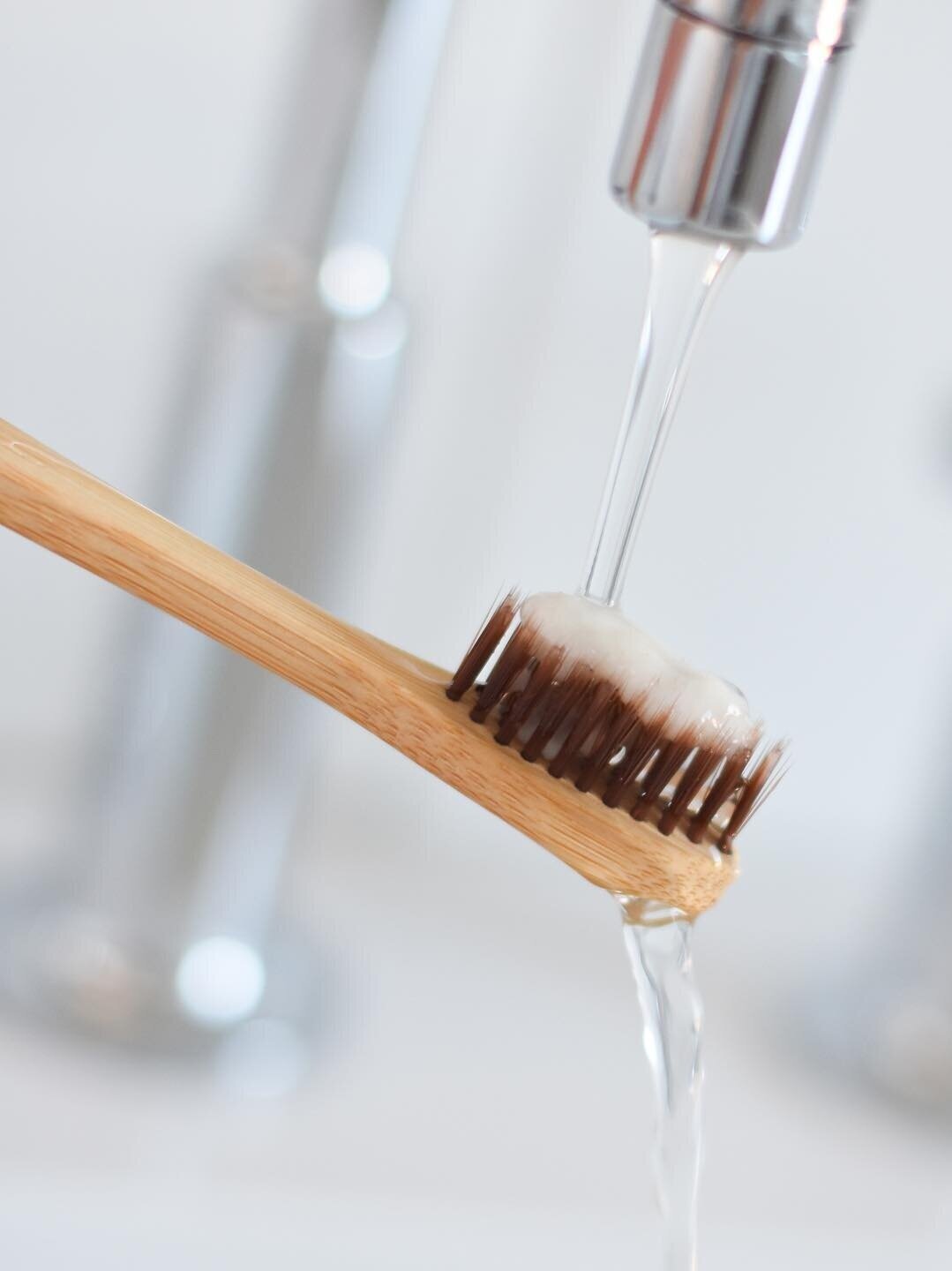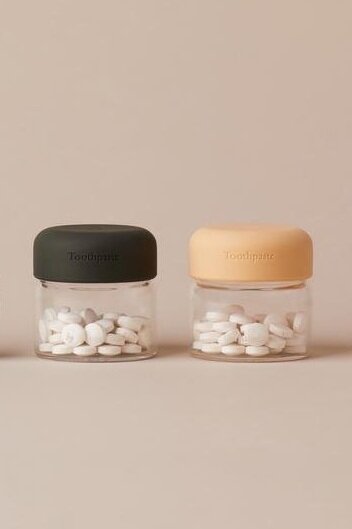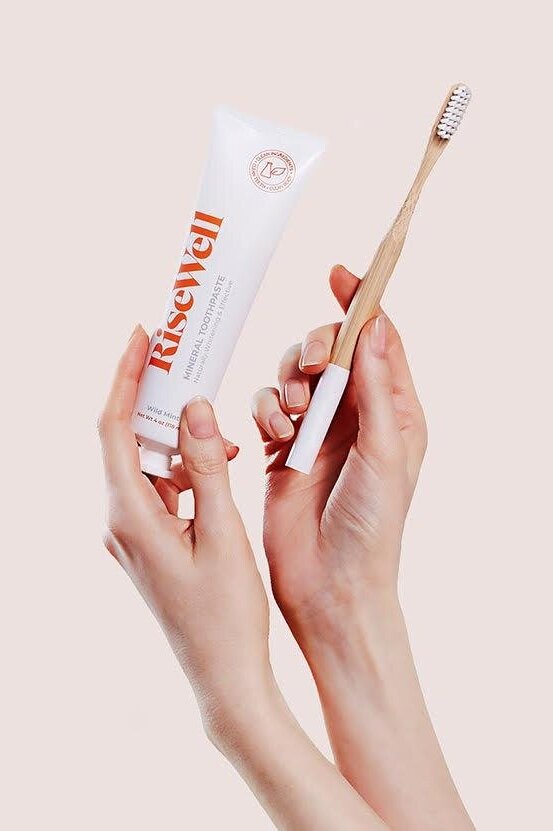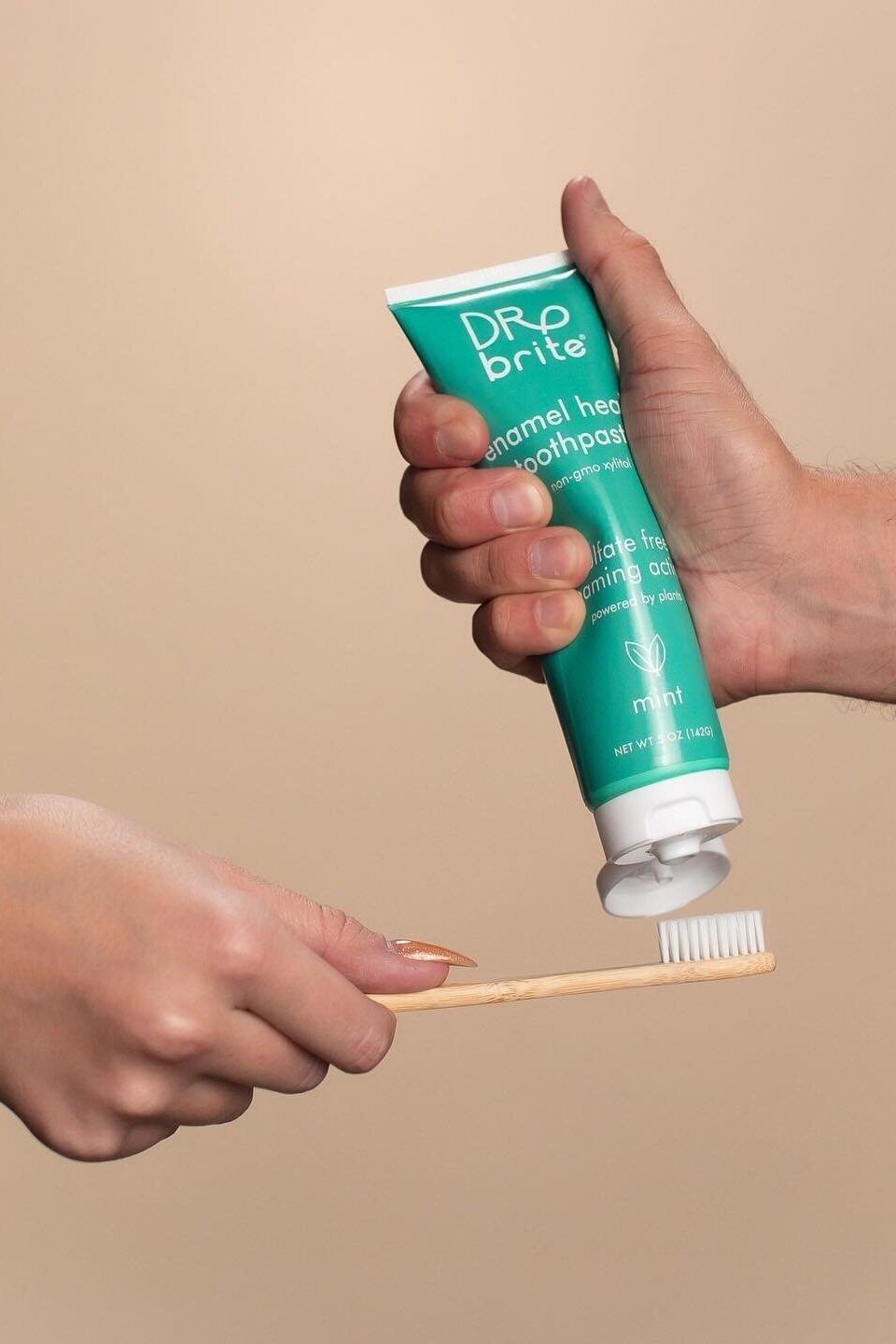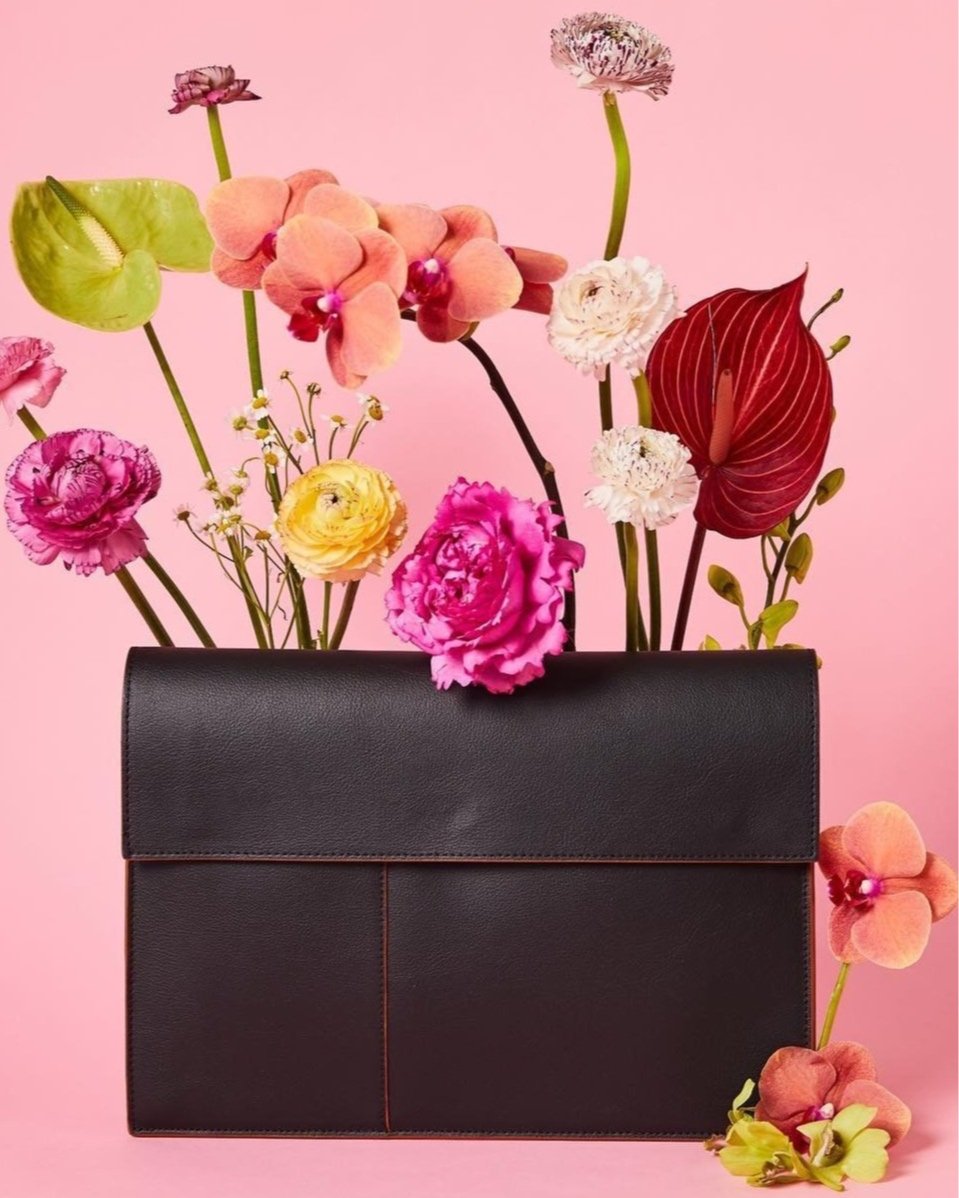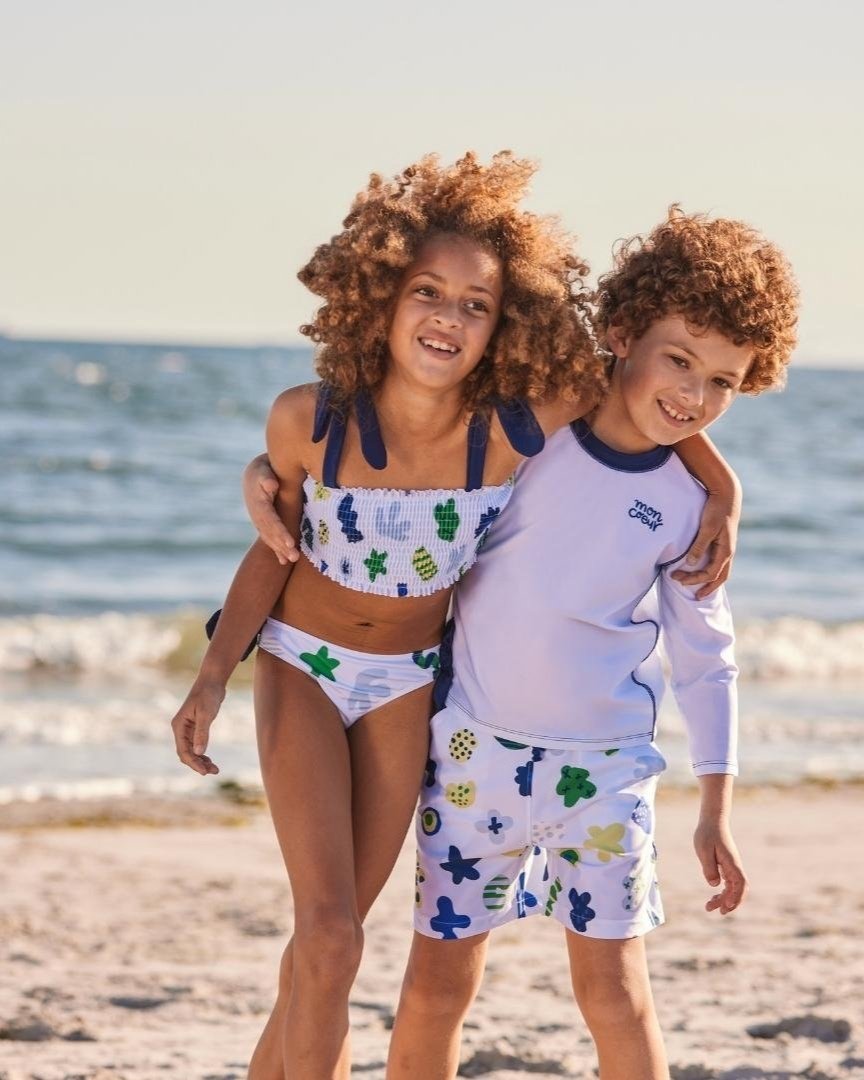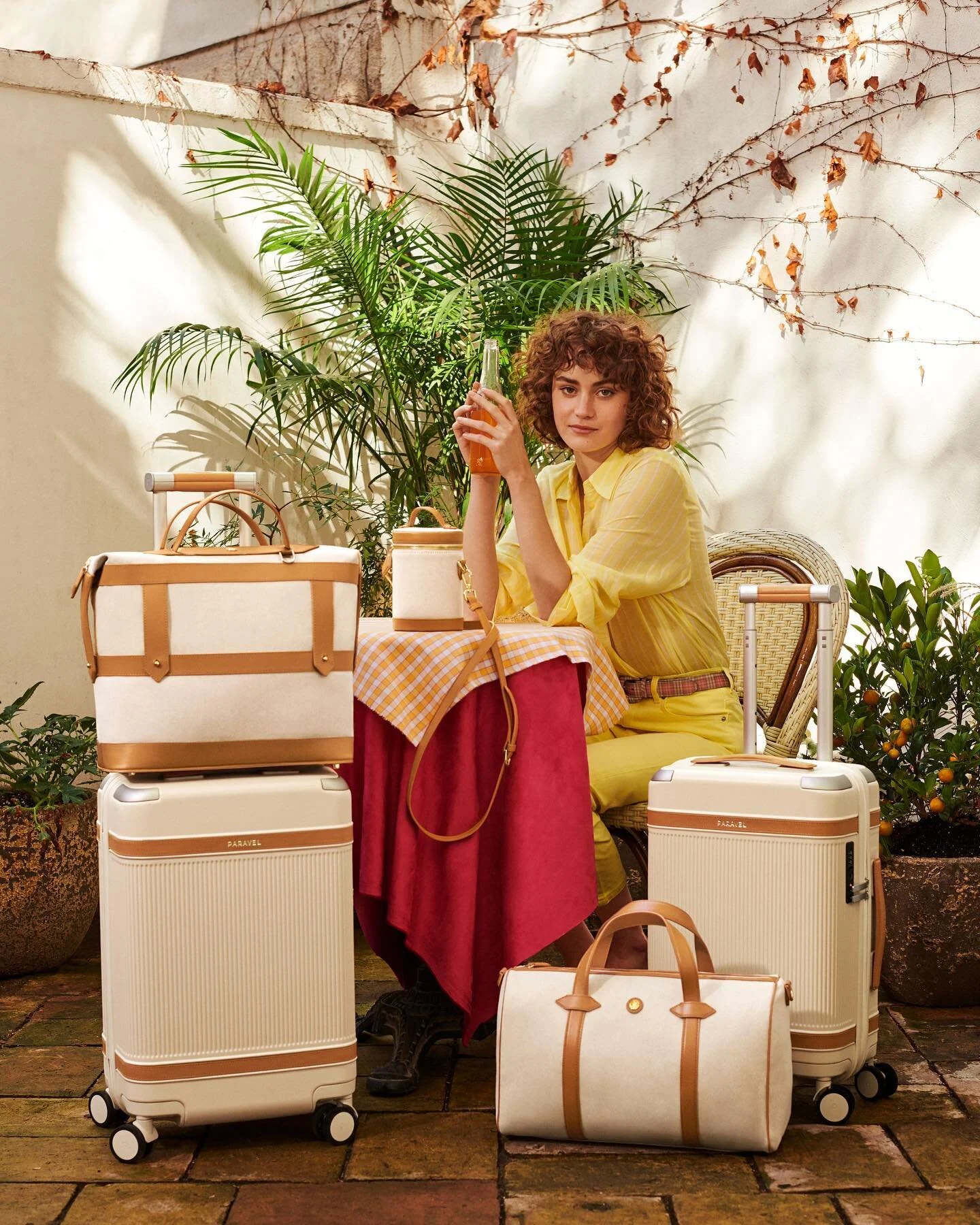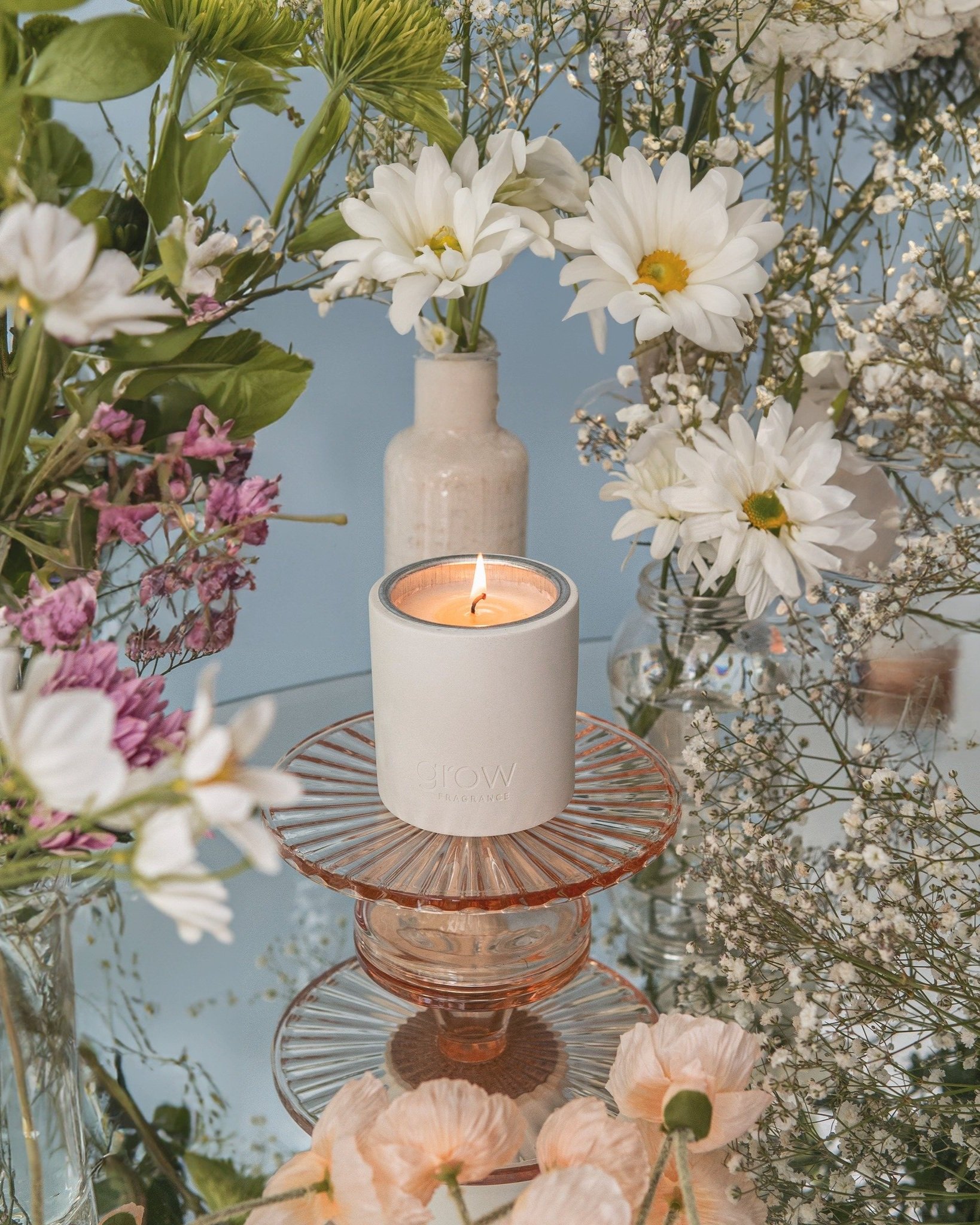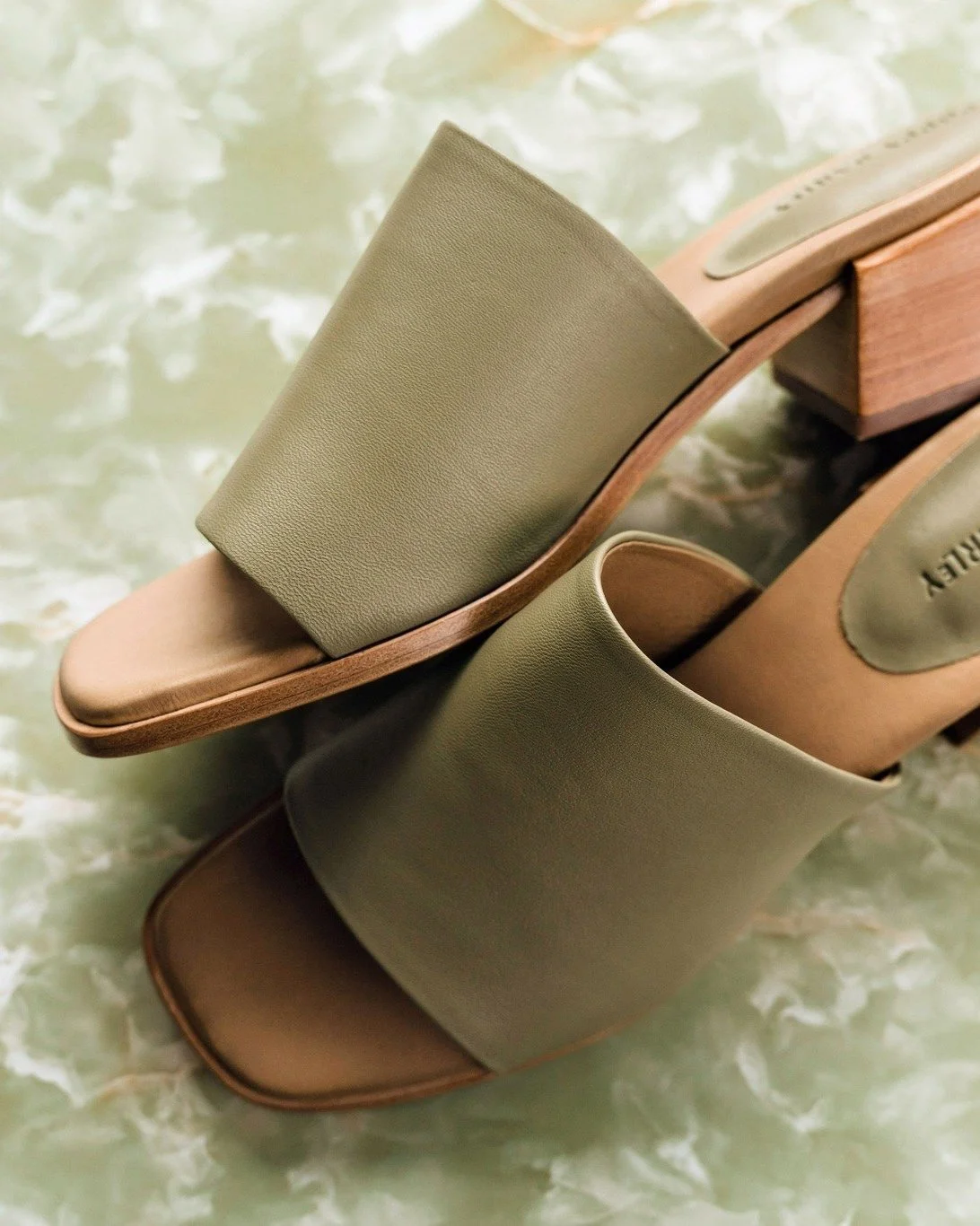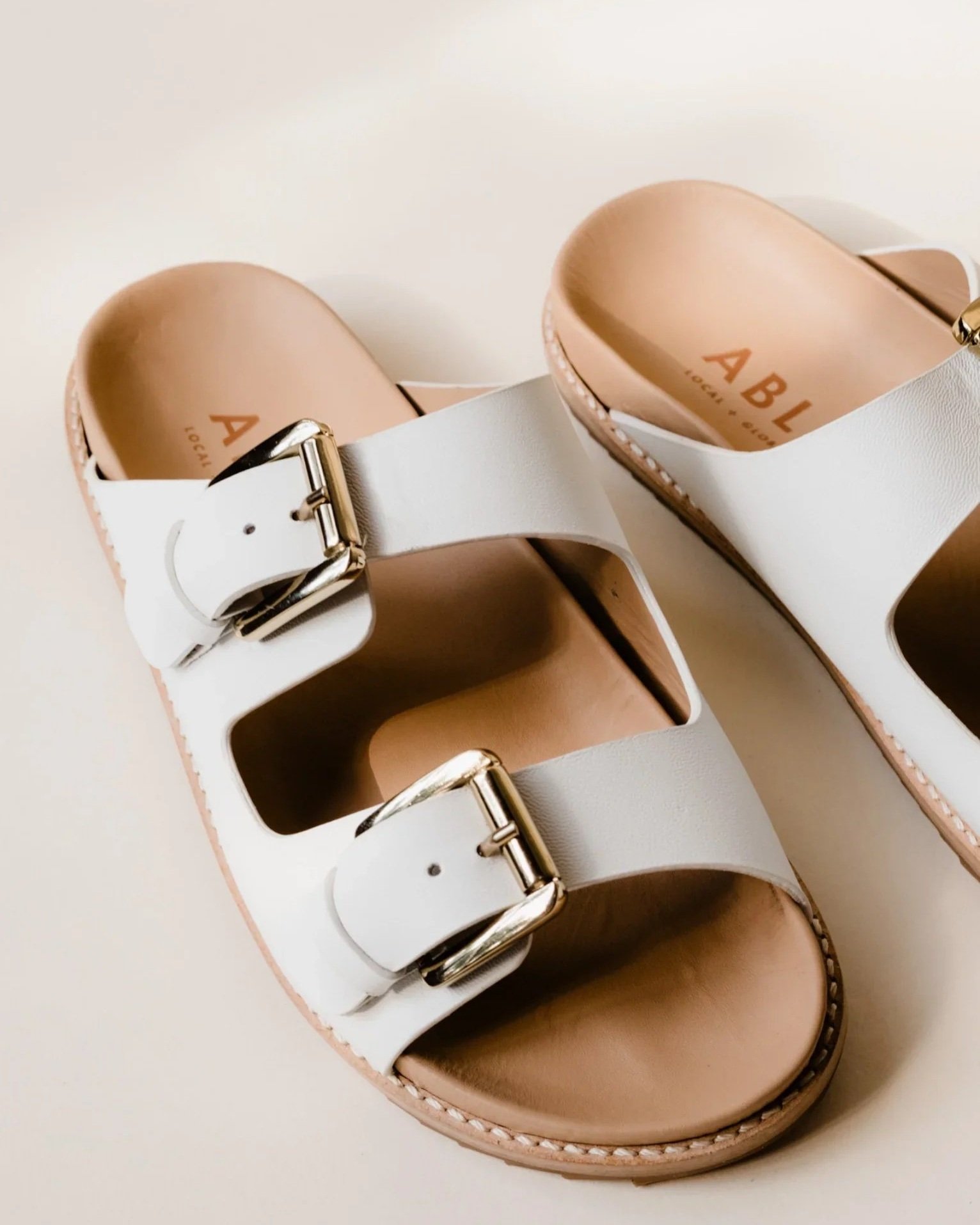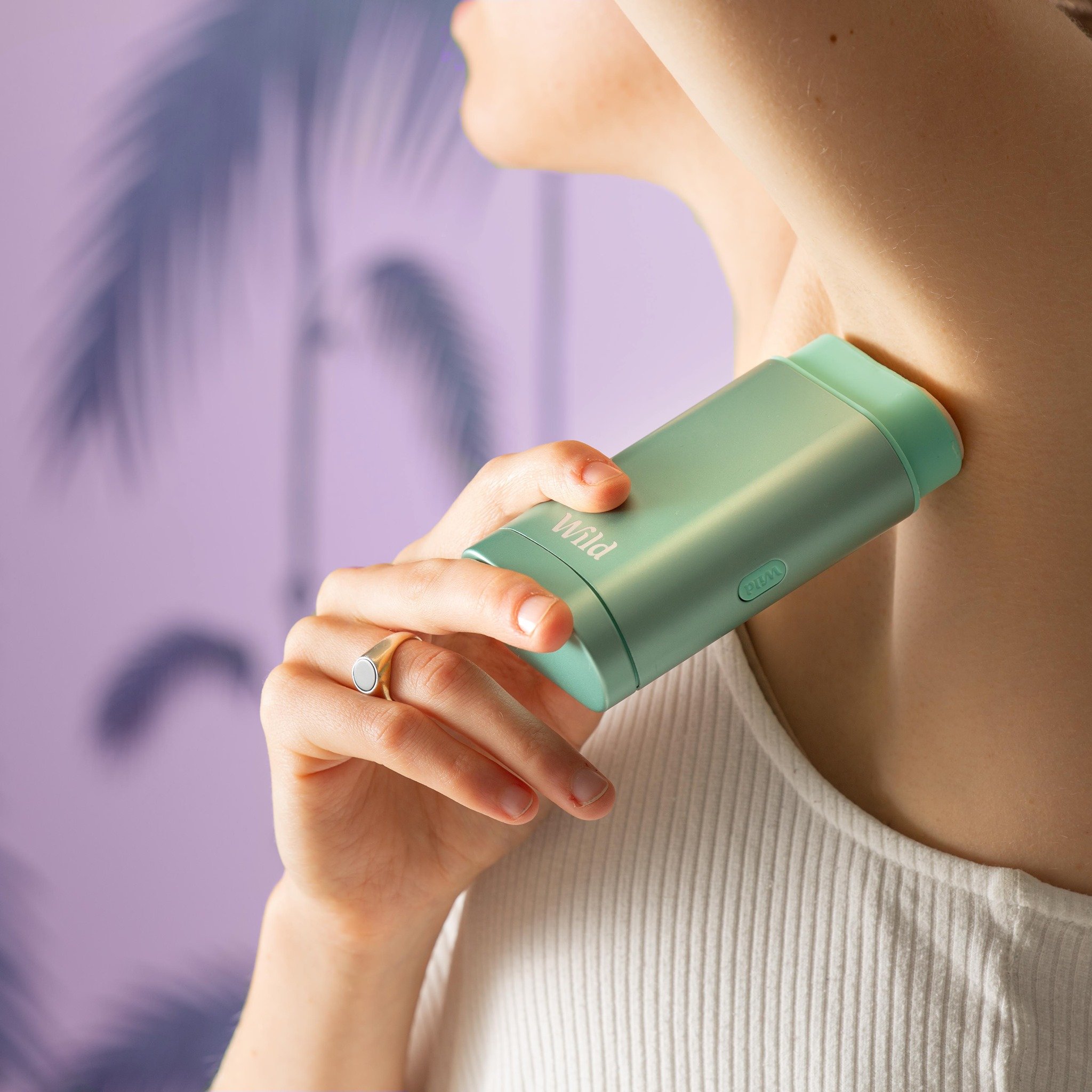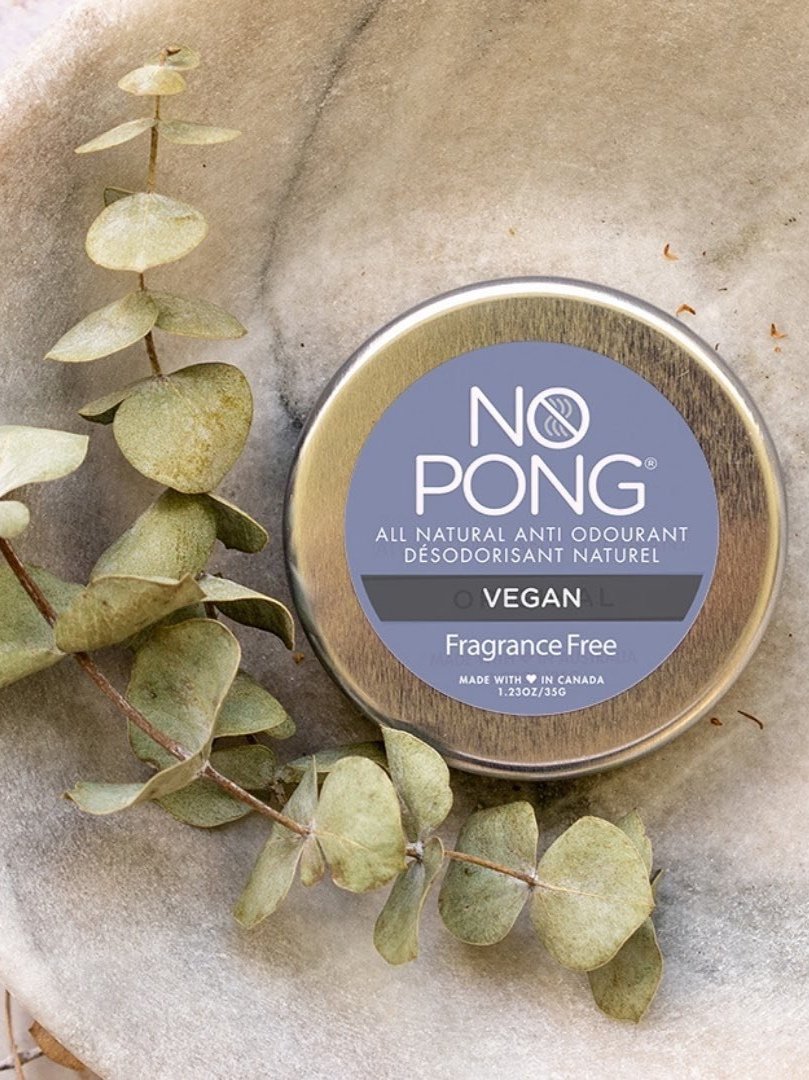Image: April Notes
Disclosure: Some of the links below are affiliated; we may earn a small commission if you click through and make a purchase. We only ever add brands & products we truly believe in. Thank you for supporting the brands who are making the fashion industry a better place!
Sustainable & Organic robes
After a relaxing bath, it’s nice to grab a cozy bathrobe to change into and finish the rest of your self-care routine. However, not all robes are created equal. Most robes are made from cotton treated with toxic chemicals and made in factories with few working regulations. If you are looking for a bathrobe that is comfortable and kind to the planet and the makers, this list is for you!
Our Top Picks for Sustainable & Organic Bath Robes:
1) Organic Robe
Brand | Under the Canopy
Material | Organic Cotton
Price | $68
A more affordable organic cotton robe on this list, Under the Canopy is one of the most accessible brands for quality, organic products. This GOTS-Certified Organic Cotton robe has pockets, a removable self-tie belt, & a relaxed fit.
2) Paisley Cotton Robe
Brand | Ten Thousand Villages
Material | Block-Printed Cotton
Price | $70
This robe is block-printed by Aravali, a for-profit company supporting around 150 artisans in the Jaipur area. Block printing has to be one of the most exciting ways of creating design on fabric because it is rather labor-intensive and requires great skill.
3) Pima Short Robe
Brand | Leena & Lu
Material | GOTS Certified Organic Cotton
Price | $98
Handcrafted in Peru with all-natural dyes, this short robe is something you can lounge in all day long. Leena & Lu uses only sustainable, fair trade, and naturally hypoallergenic 100% GOTS-certified organic Pima jersey cotton for their entire loungewear collection.
4) Waffle Robe
Brand | ettitude
Material | Bamboo Lyocell
Price | $98
This robe is made from 100% bamboo lyocell and is OEKO-TEX certified, which means it’s been tested against a long list of toxic substances. Bamboo lyocell also uses a closed-loop cycle, so water and solvents are continuously recycled.
5) Rachele Lounge Robe
Brand | Universal Standard
Material | Pima Cotton & Modal
Price | $158
One of the most size-inclusive brands (sizes 00-40), this robe from Universal Standard is made from a super soft, buttery Pima cotton-french Terry blend. It has a large shawl collar, side pockets, and a belt to wrap yourself up.
6) Unisex Air Weight Organic Robe
Brand | Coyuchi
Material | 100% Organic Cotton Grown & Woven in India
Price | $148
This one looks like the ultimate in comfort! Their Air Weight robe is made with a slightly lighter version of our bestselling towel and is GOTS & Fair Trade Certified.
7) Everyday Robe in Clay Stripes
Brand | Minna
Material | 100% Cotton
Price | $245
These new robes from MINNA are gorgeous, and they match their bedding! They took four classic bedding styles and made them wearable. The Everyday Robe is gender neutral and handwoven in Chiapas, Mexico.
8) Printed Cotton Robe
Brand | Printfresh
Material | 100% Organic Cotton
Price | $158
Printfresh may be your new favorite if you love patterns and vibrant colors! They are a woman-owned luxury sleepwear brand offering whimsical prints on 100% GOTS-certified organic cotton. Designed with inclusivity in mind, their sizes range from XS petite to 6X.
9) Organic French Terry Robe
Brand | Avocado
Material | GOTS Organic Cotton
Price |$109
Avocado has a new line of gender-neutral robes that are as cozy as they are sustainable! Their ultra-plush French Terry robe is spa-quality and made from GOTS Certified Organic Cotton ethically sourced from India.
10) Linen Bathrobes
Brand | April Notes
Material | Linen & Cotton
Price | $105-135
At April Notes, they create timeless home textiles made from natural materials. Their sourcing of earth-friendly materials minimizes the environmental impact, while the on-demand model eliminates textile waste. If you love the look of linen, you will enjoy this brand!
MAKE SURE TO PIN THE PHOTO BELOW TO SAVE THIS POST FOR LATER!
WANT to find more SUSTAINABLE BRANDS? VISIT OUR BRAND DIRECTORY!
Our Brand Directory is home to hundreds of sustainable brands, from makeup to cleaning supplies, from underwear to shoes. We have broken everything down by category for easy shopping, along with discount codes unique to Sustainably Chic viewers.

